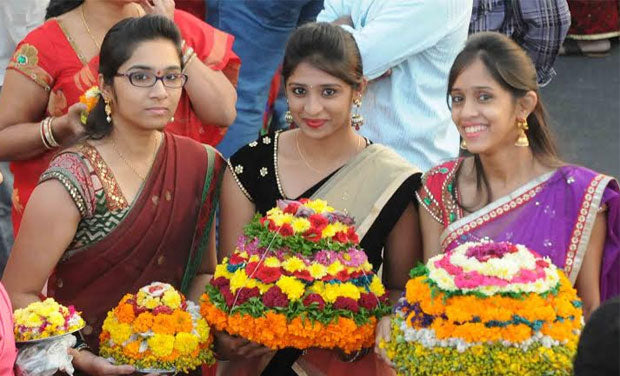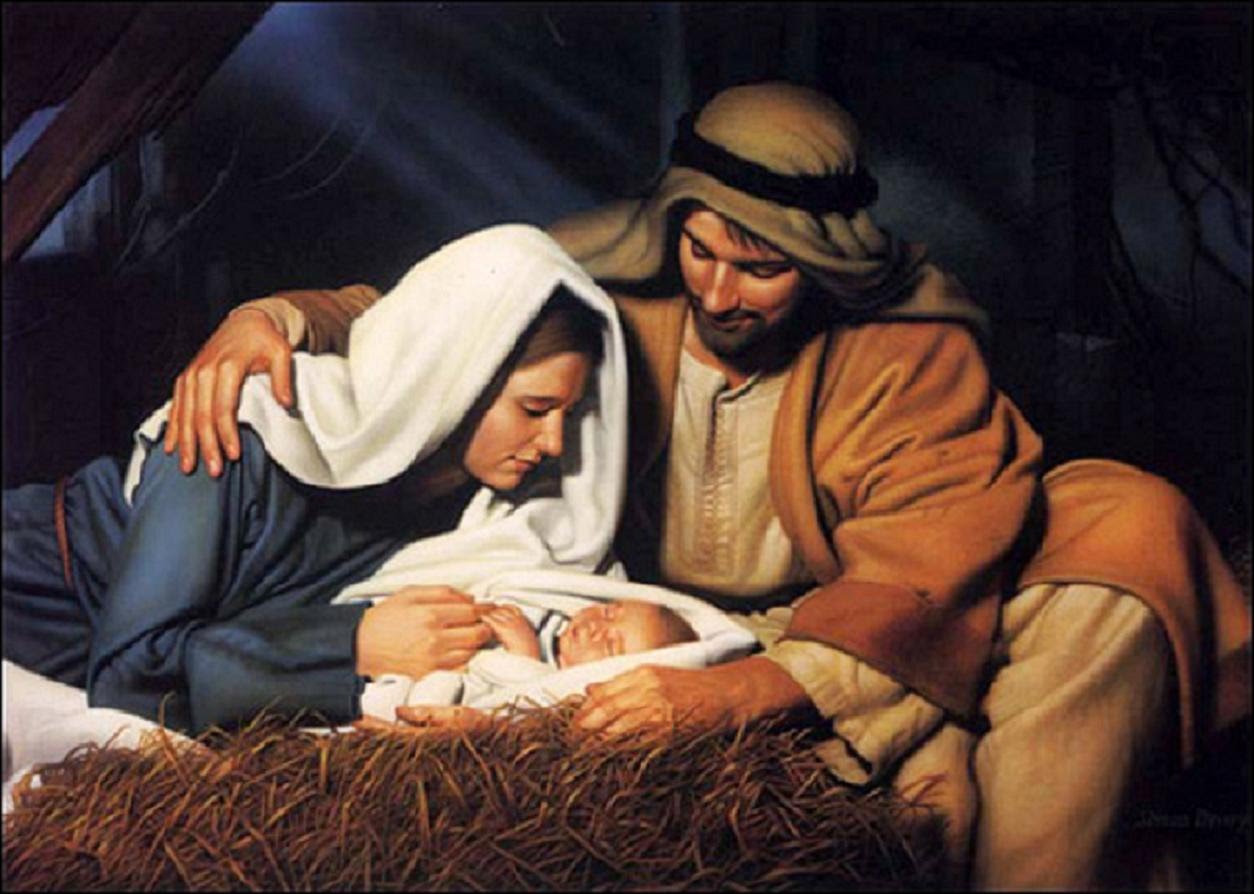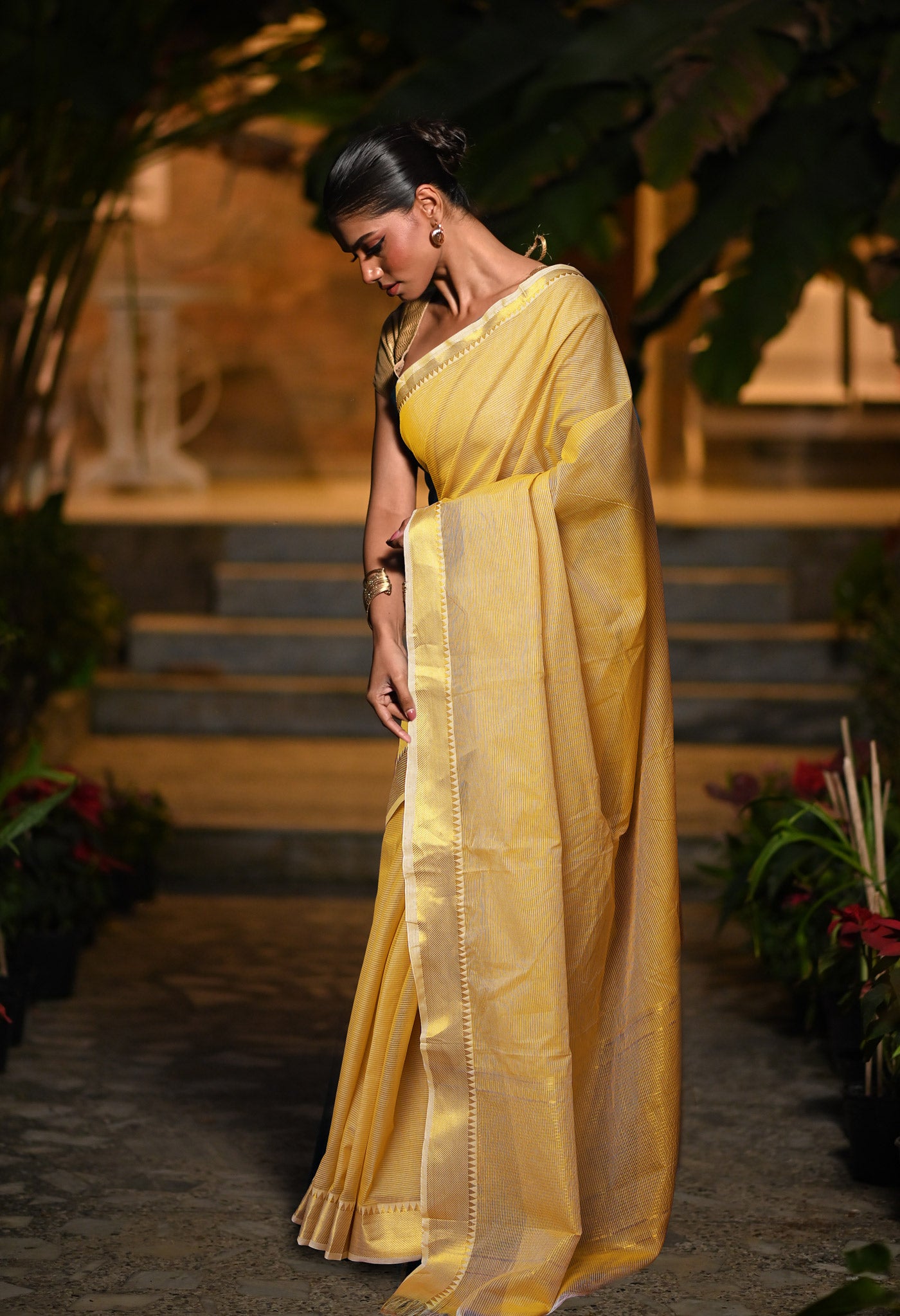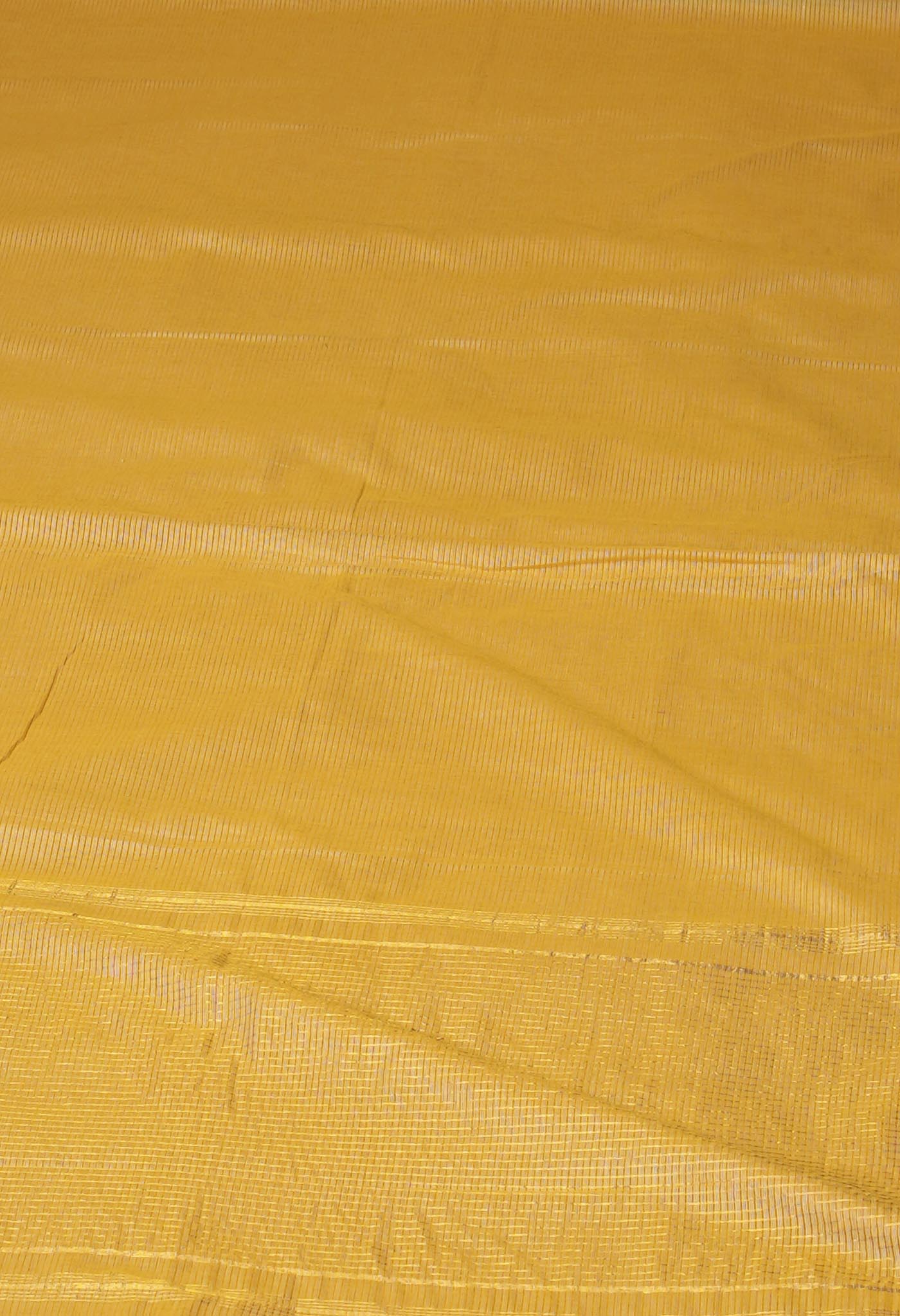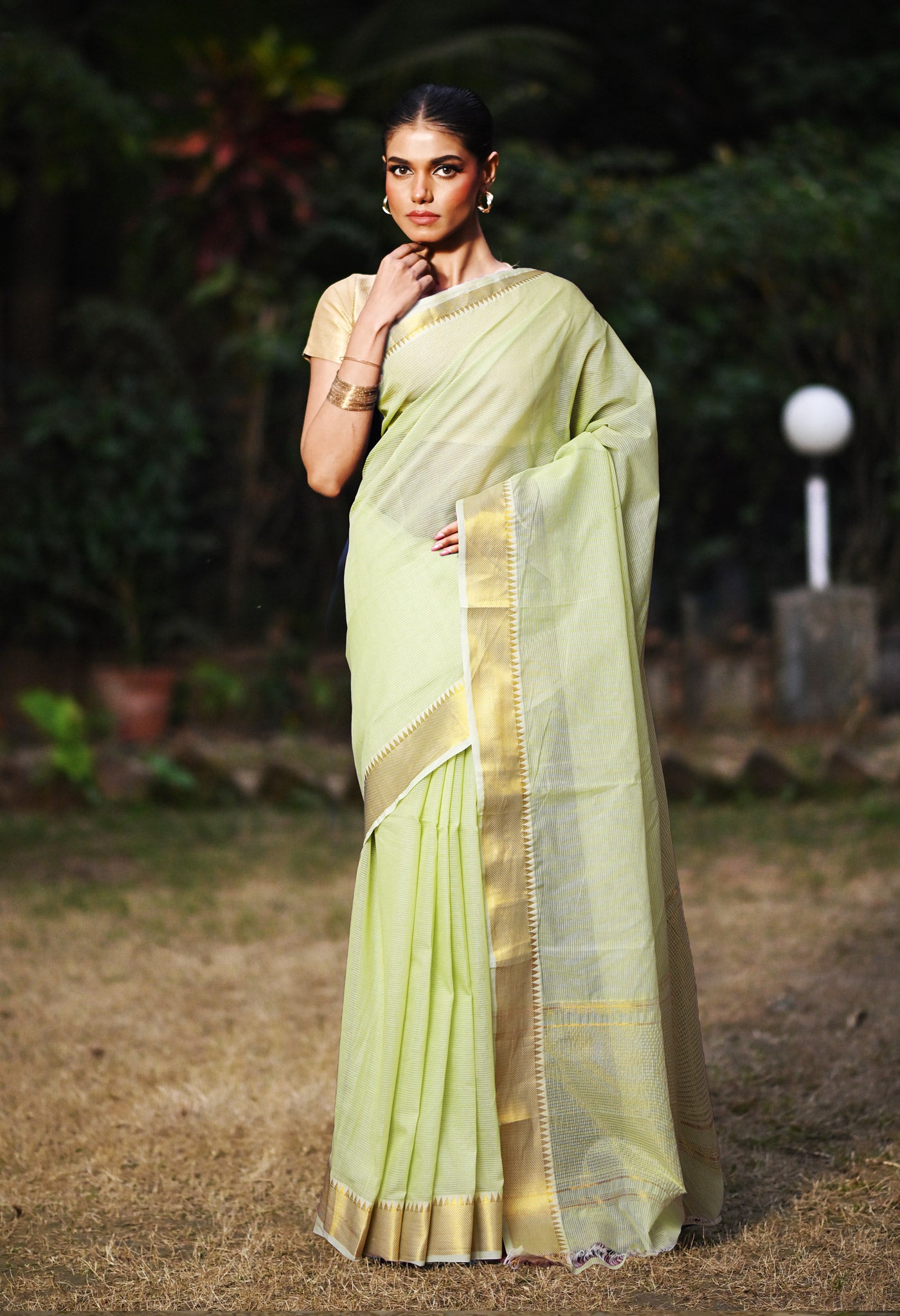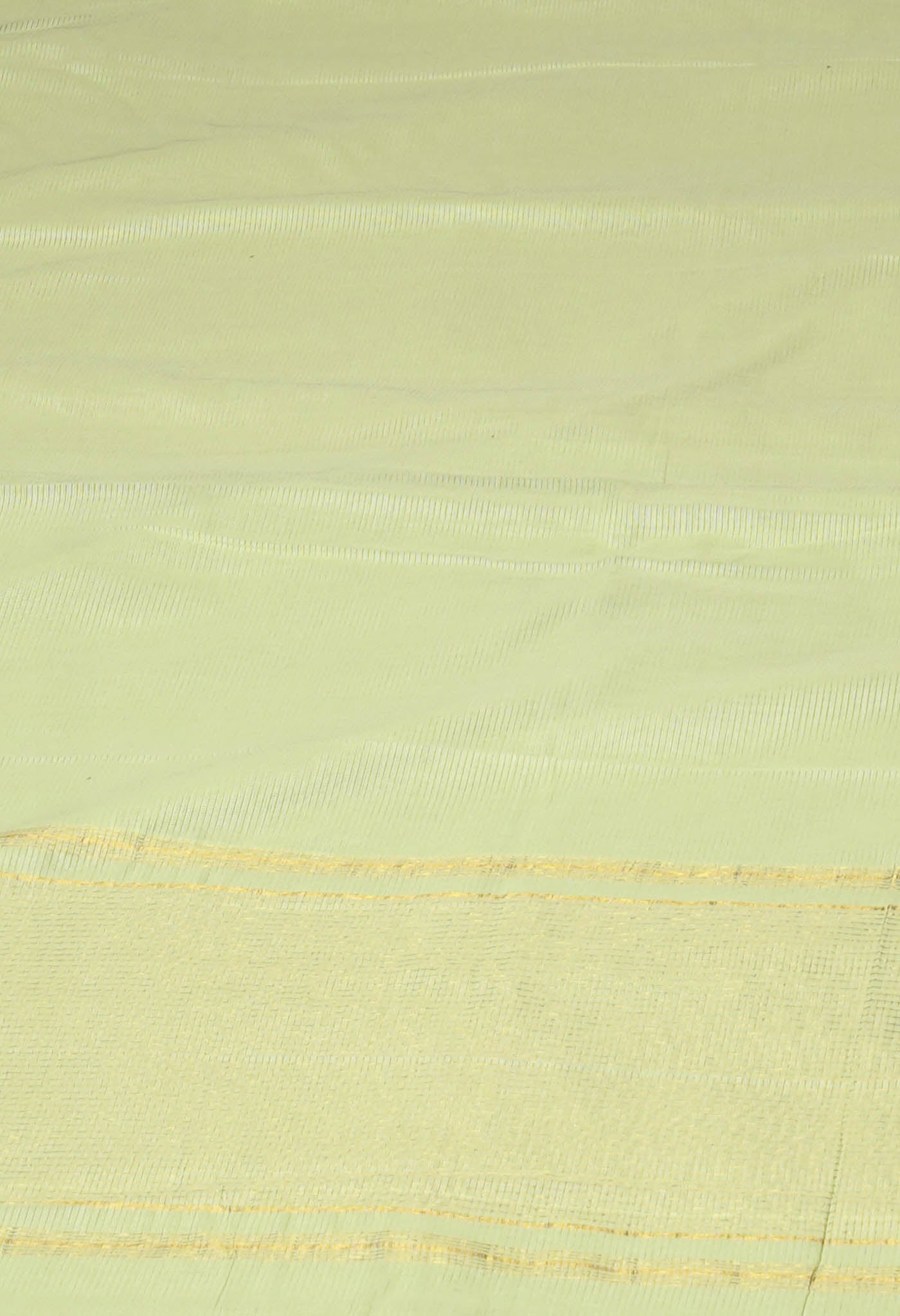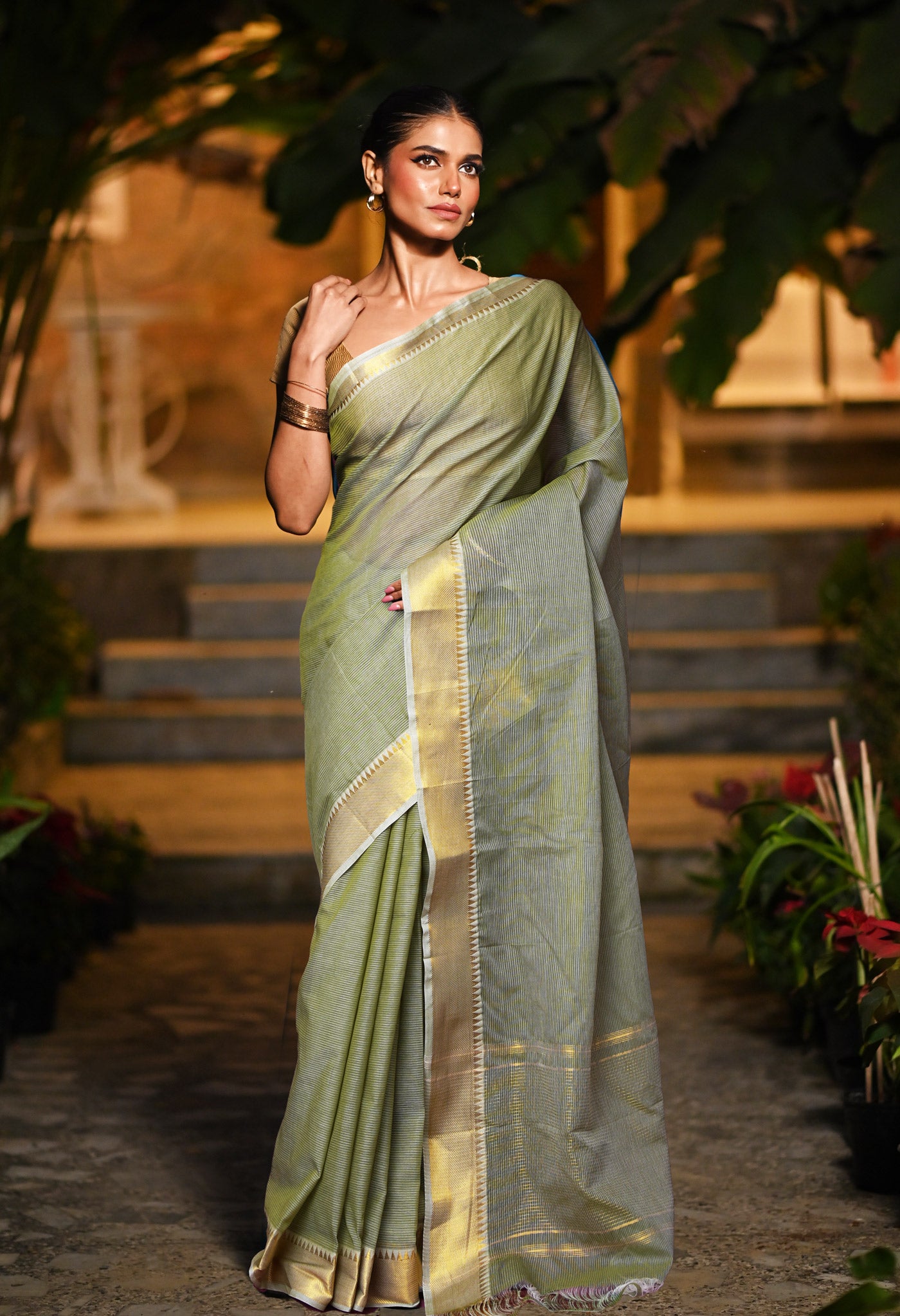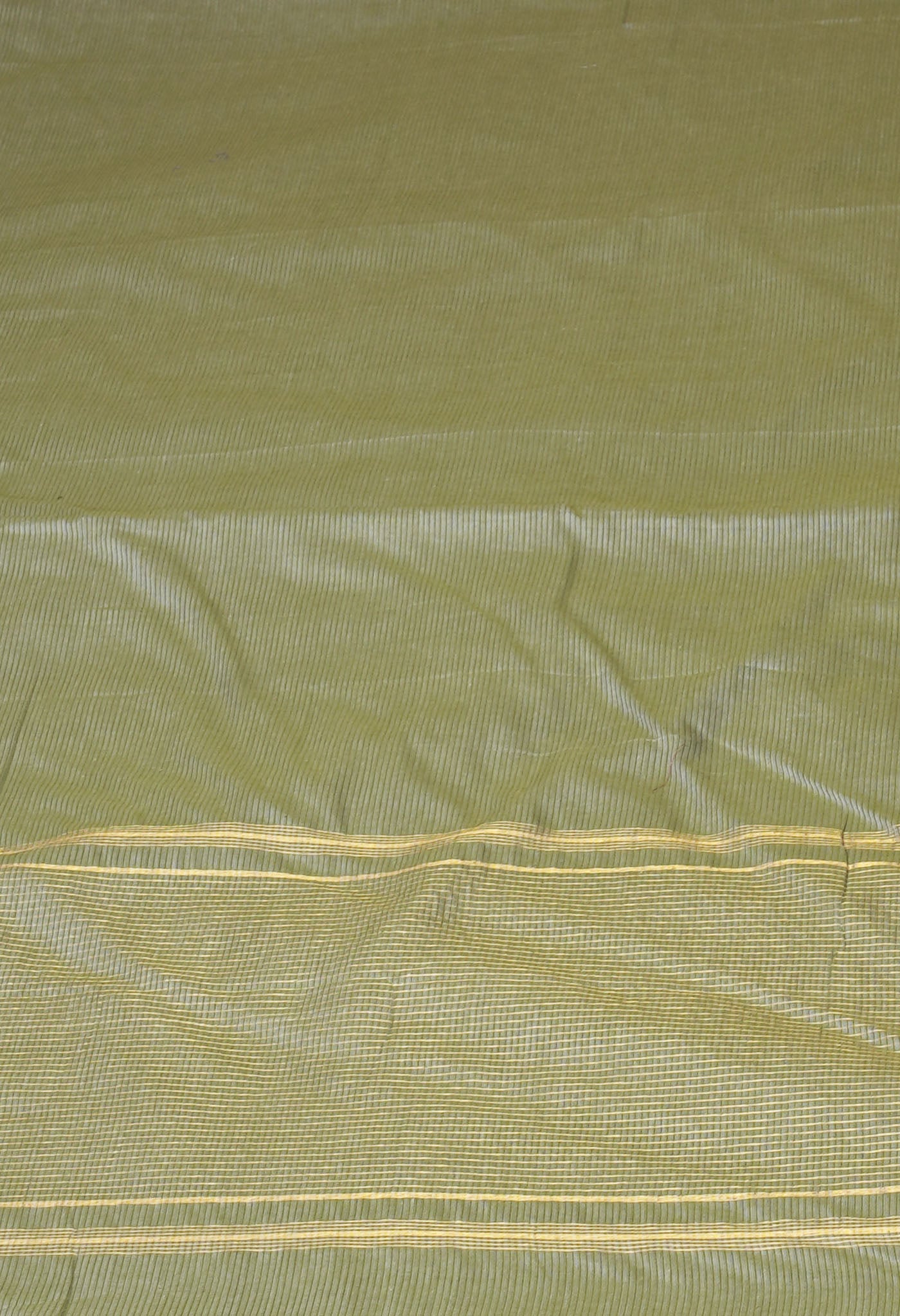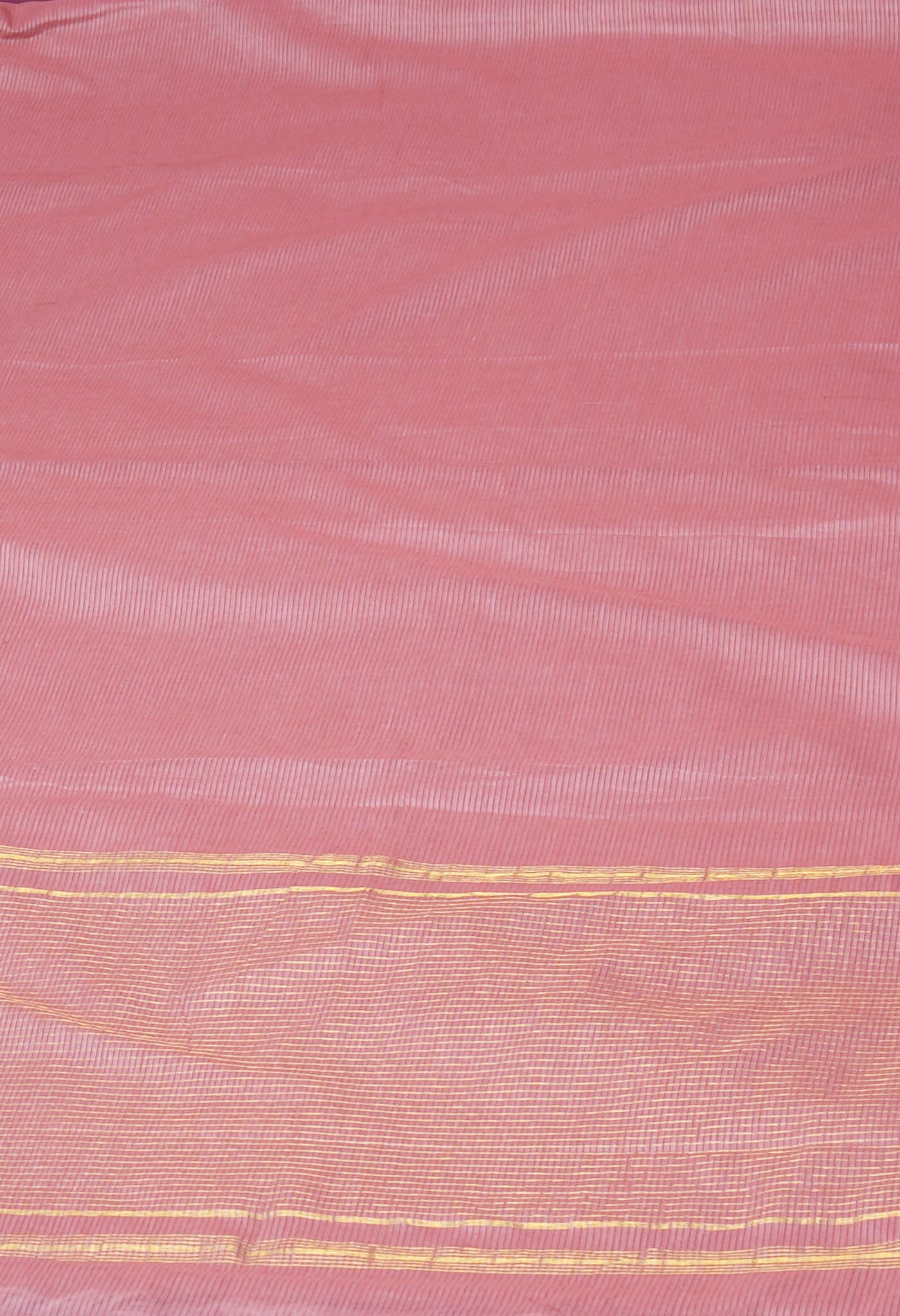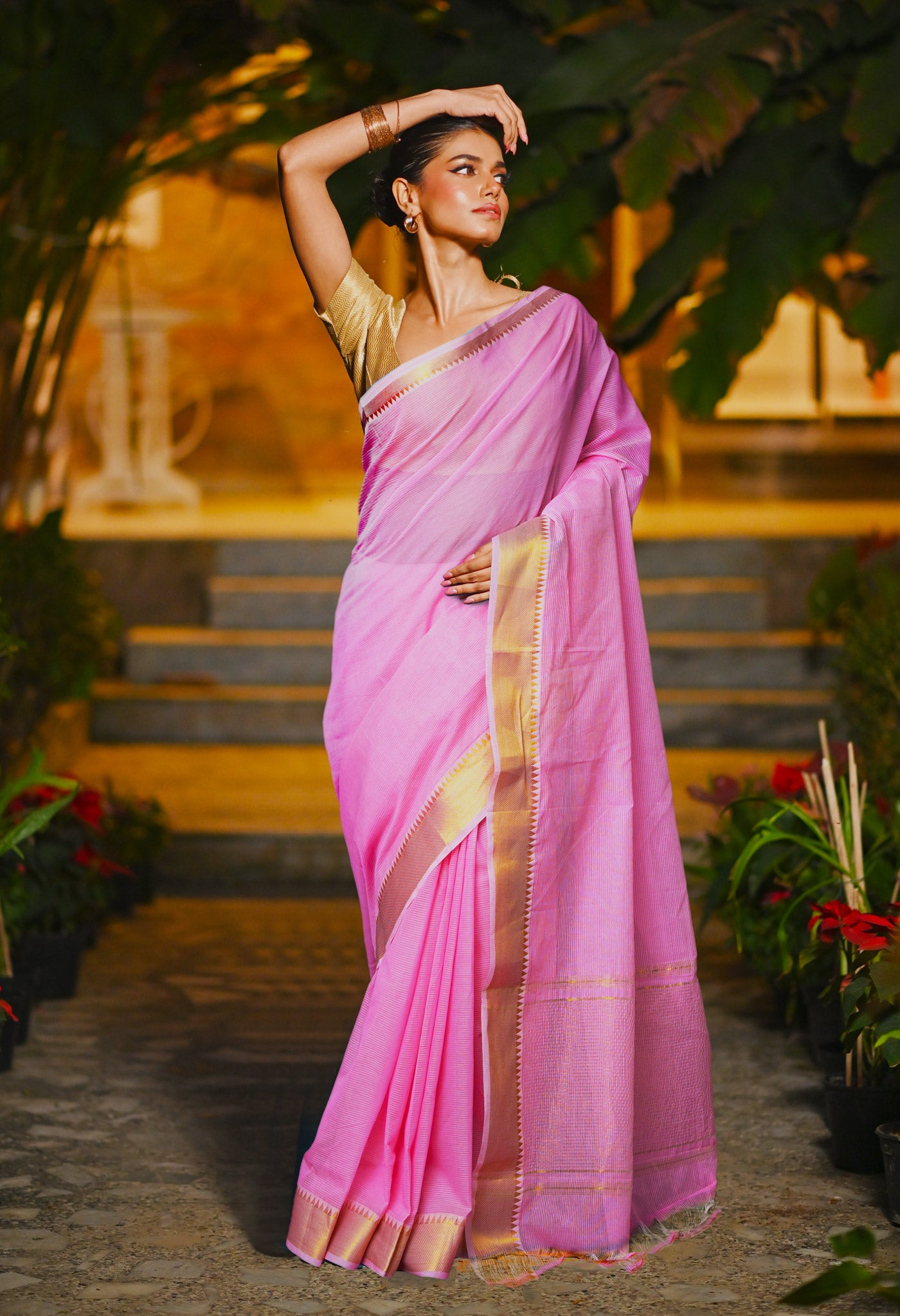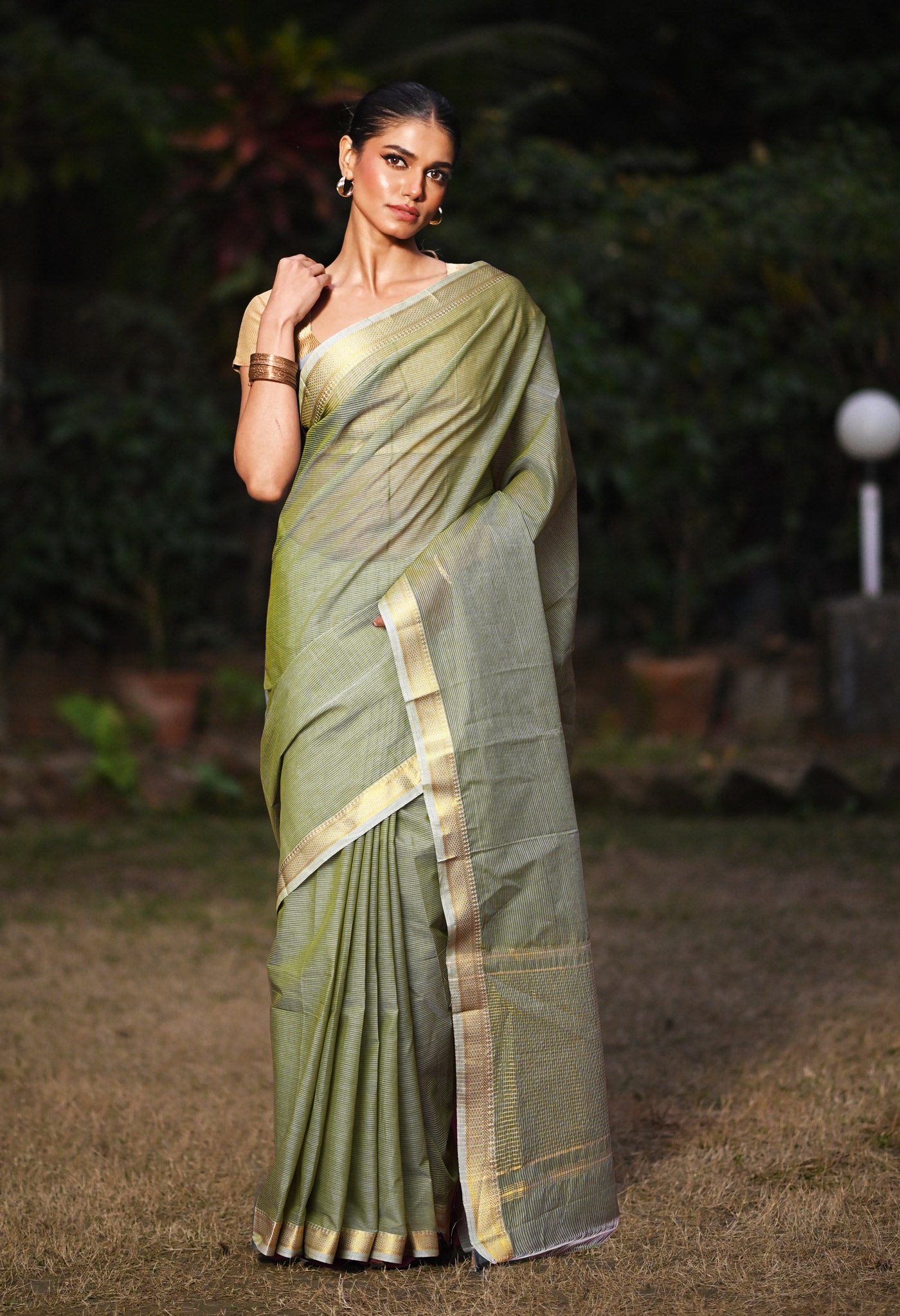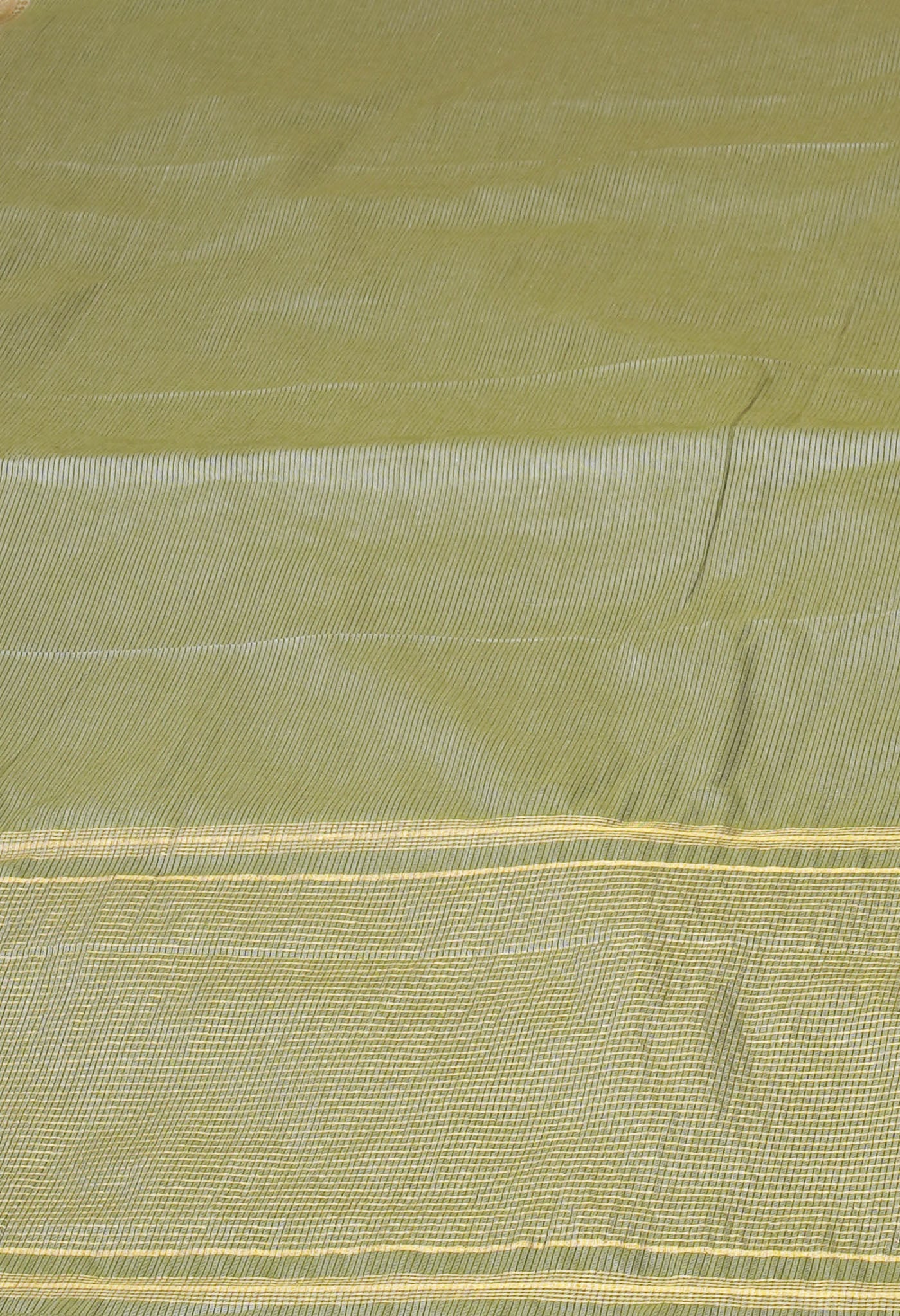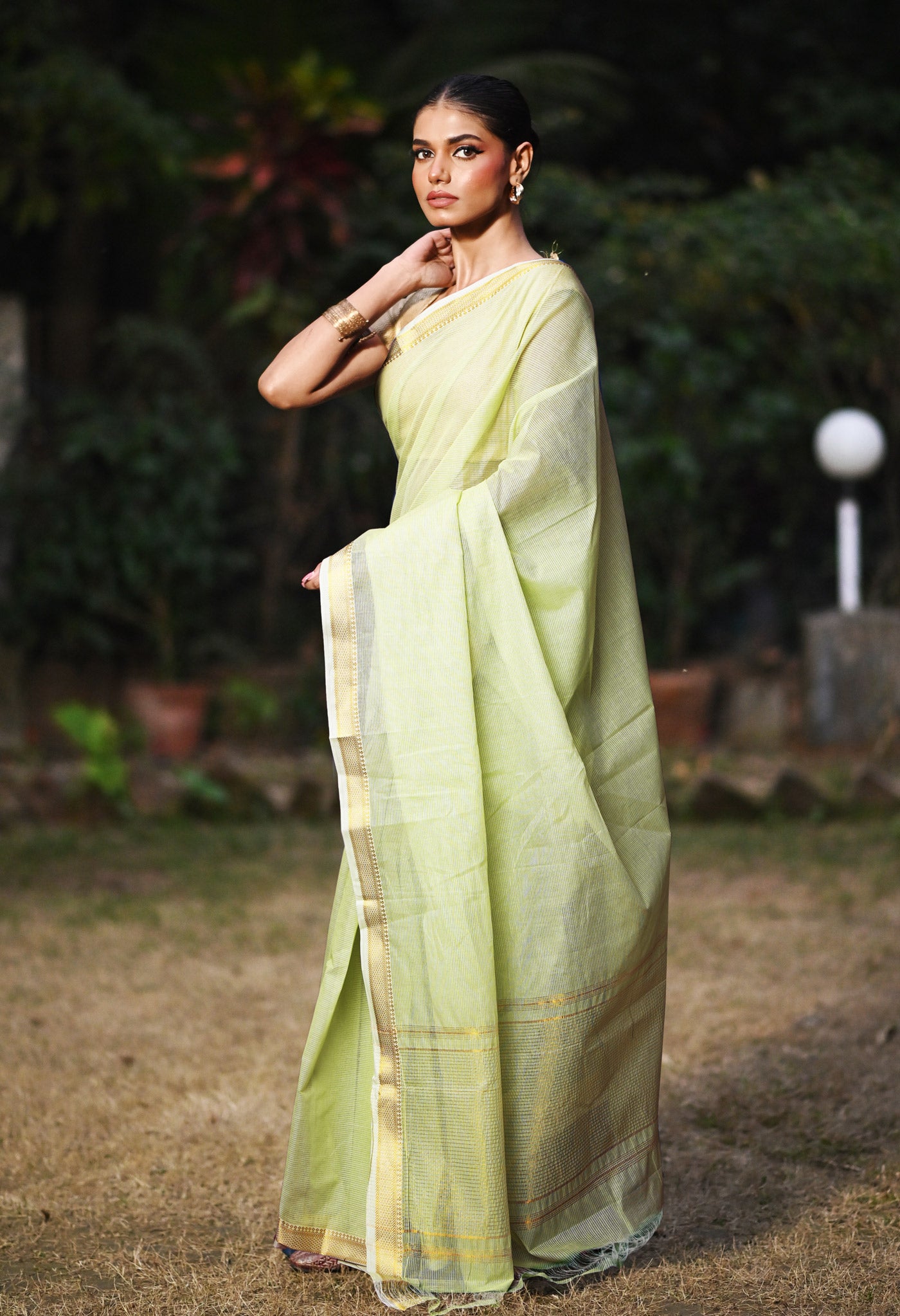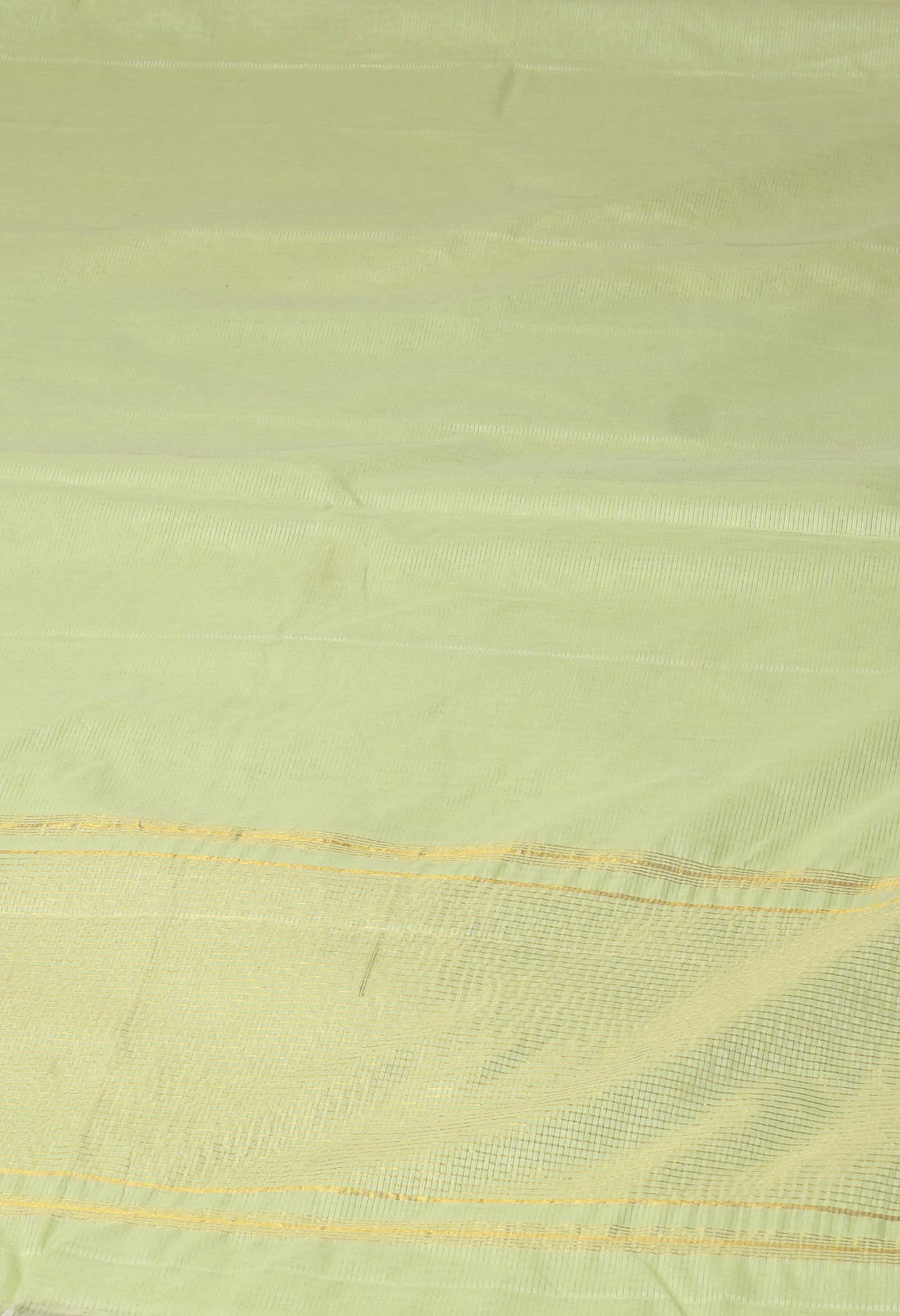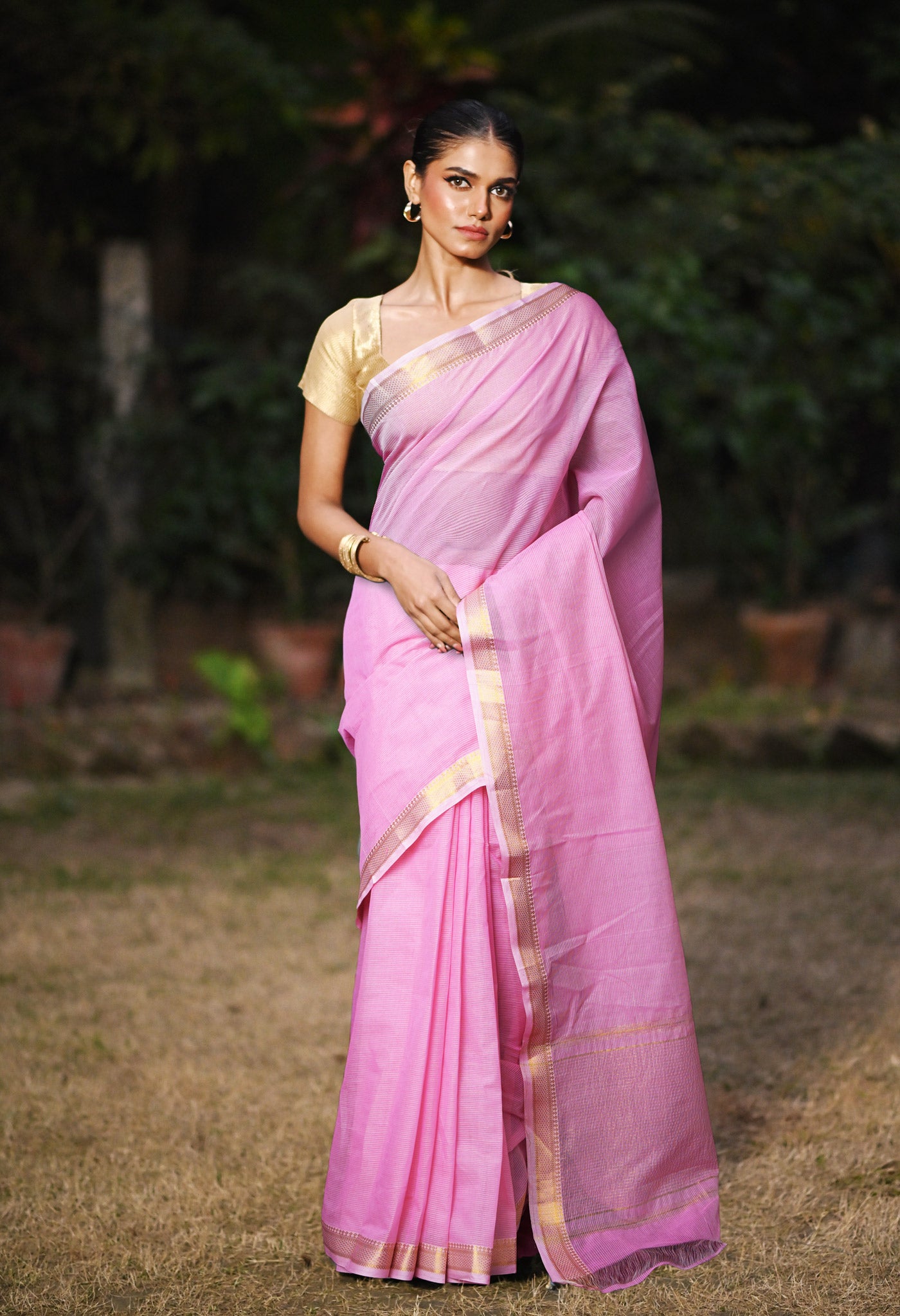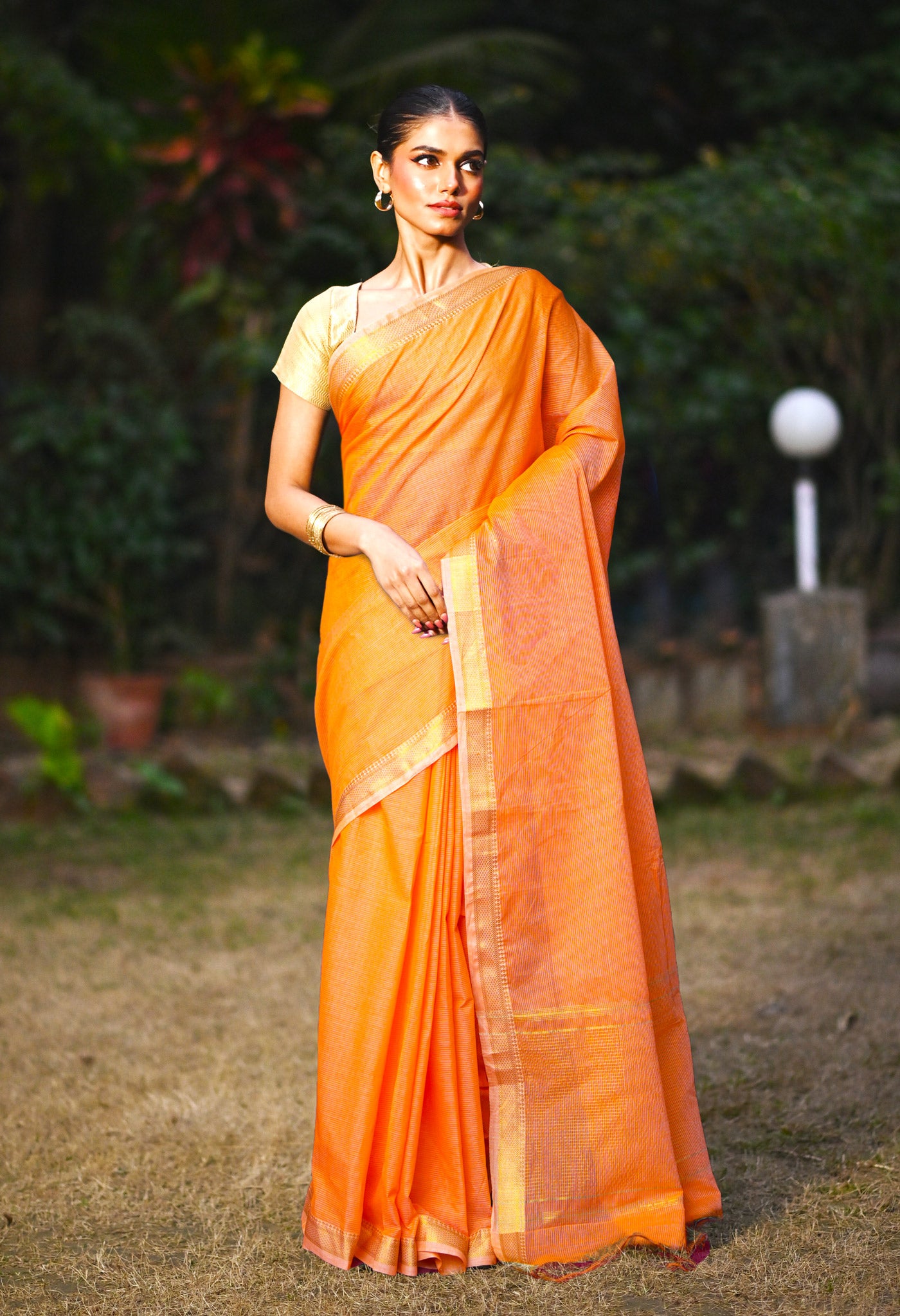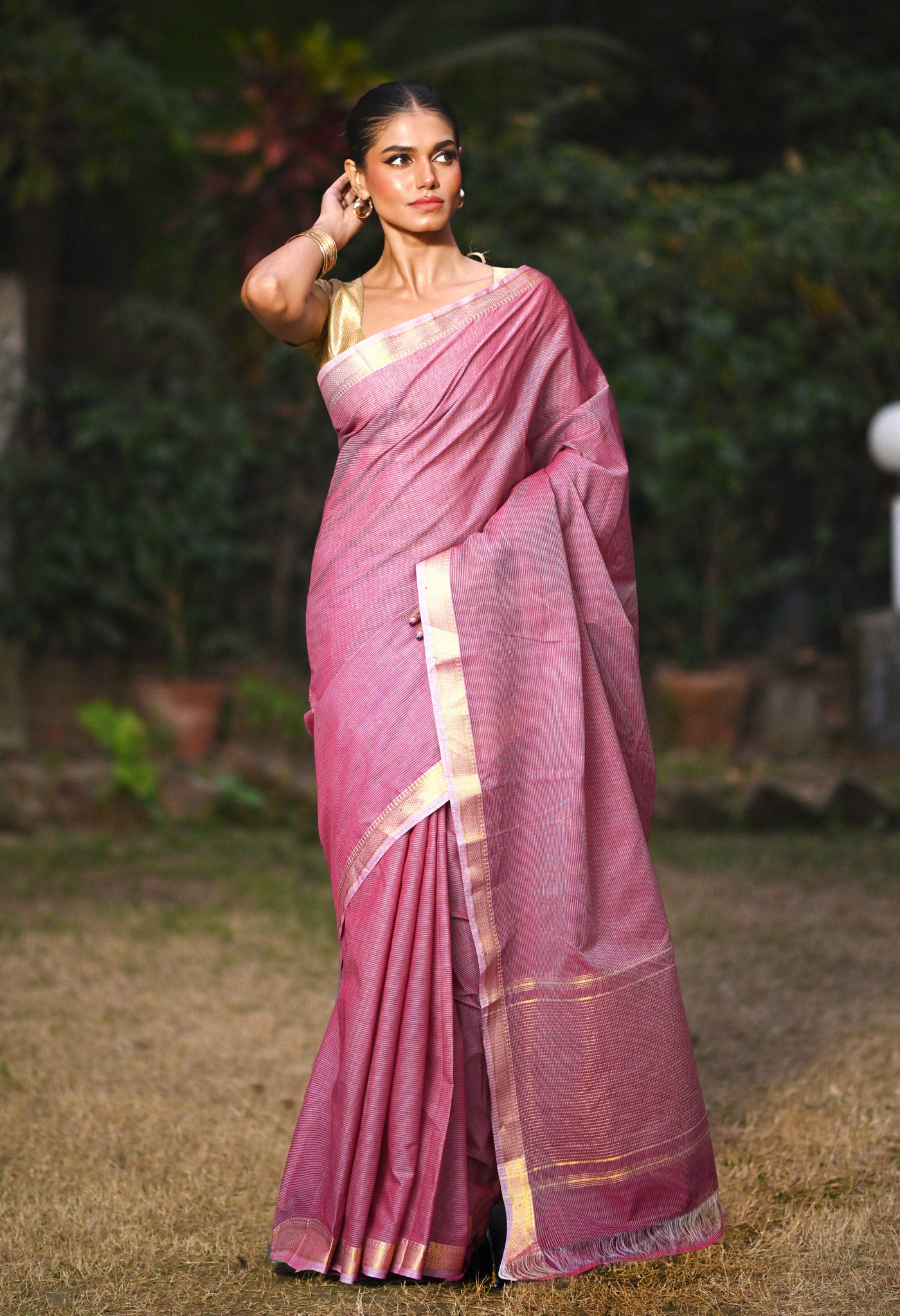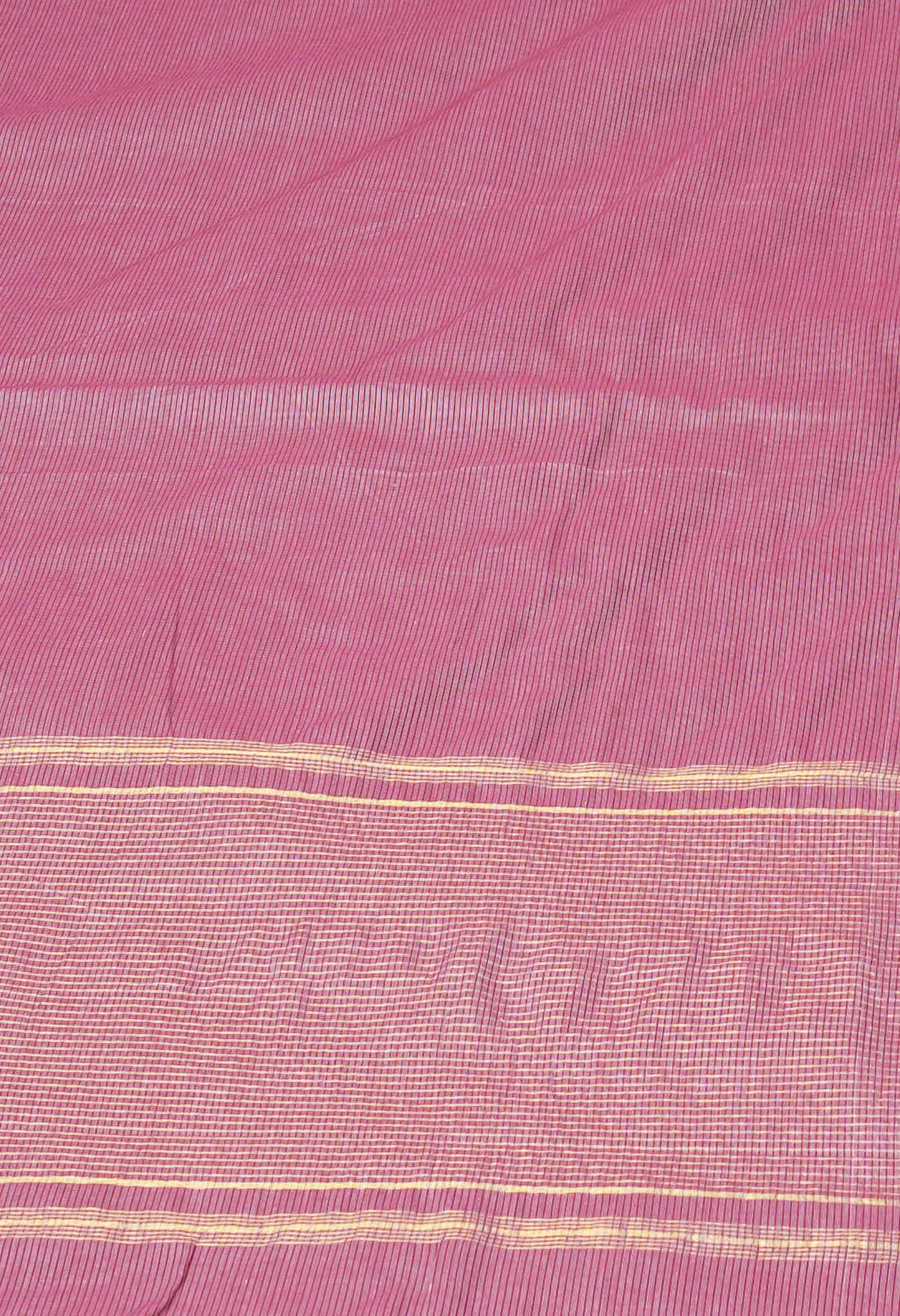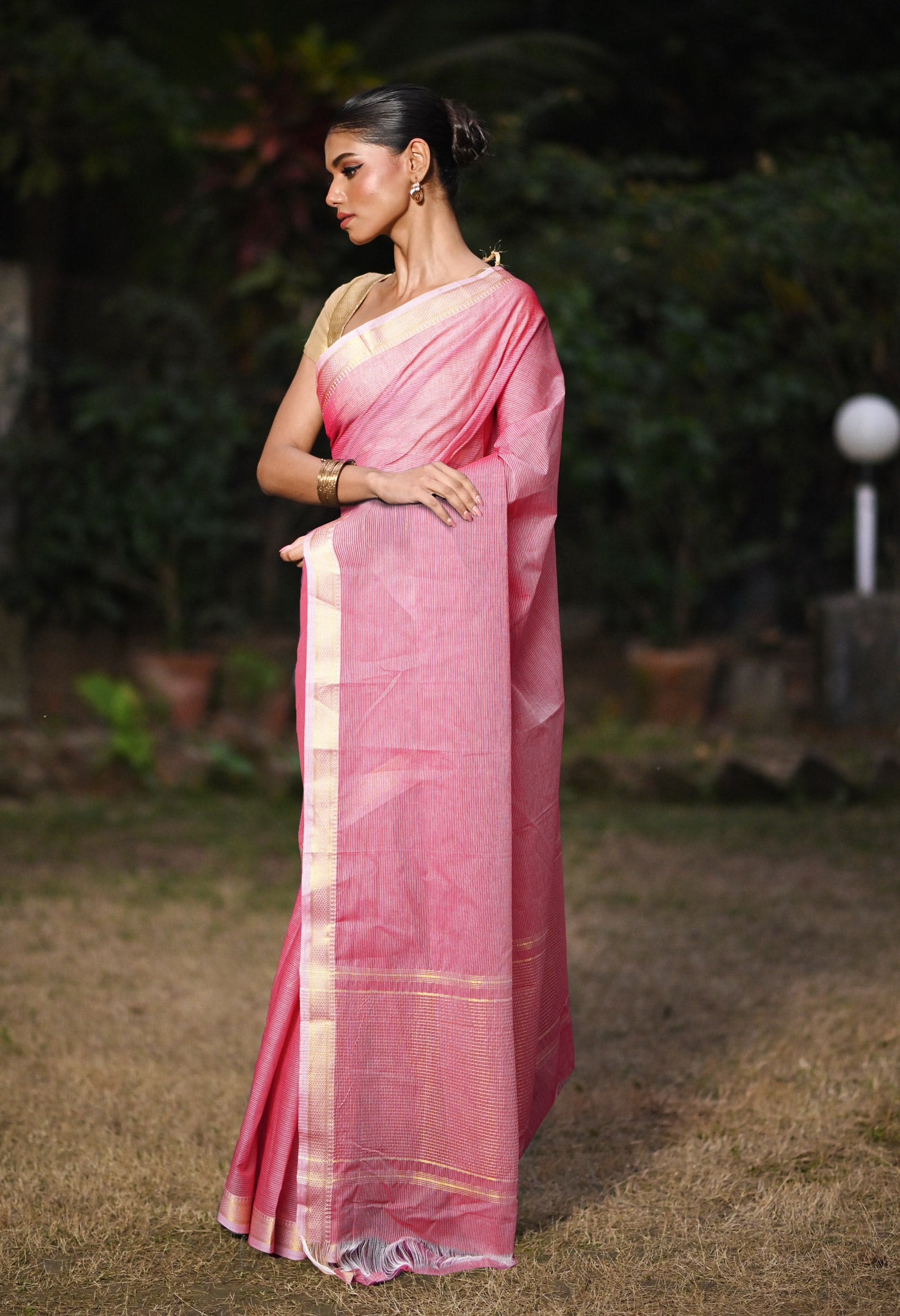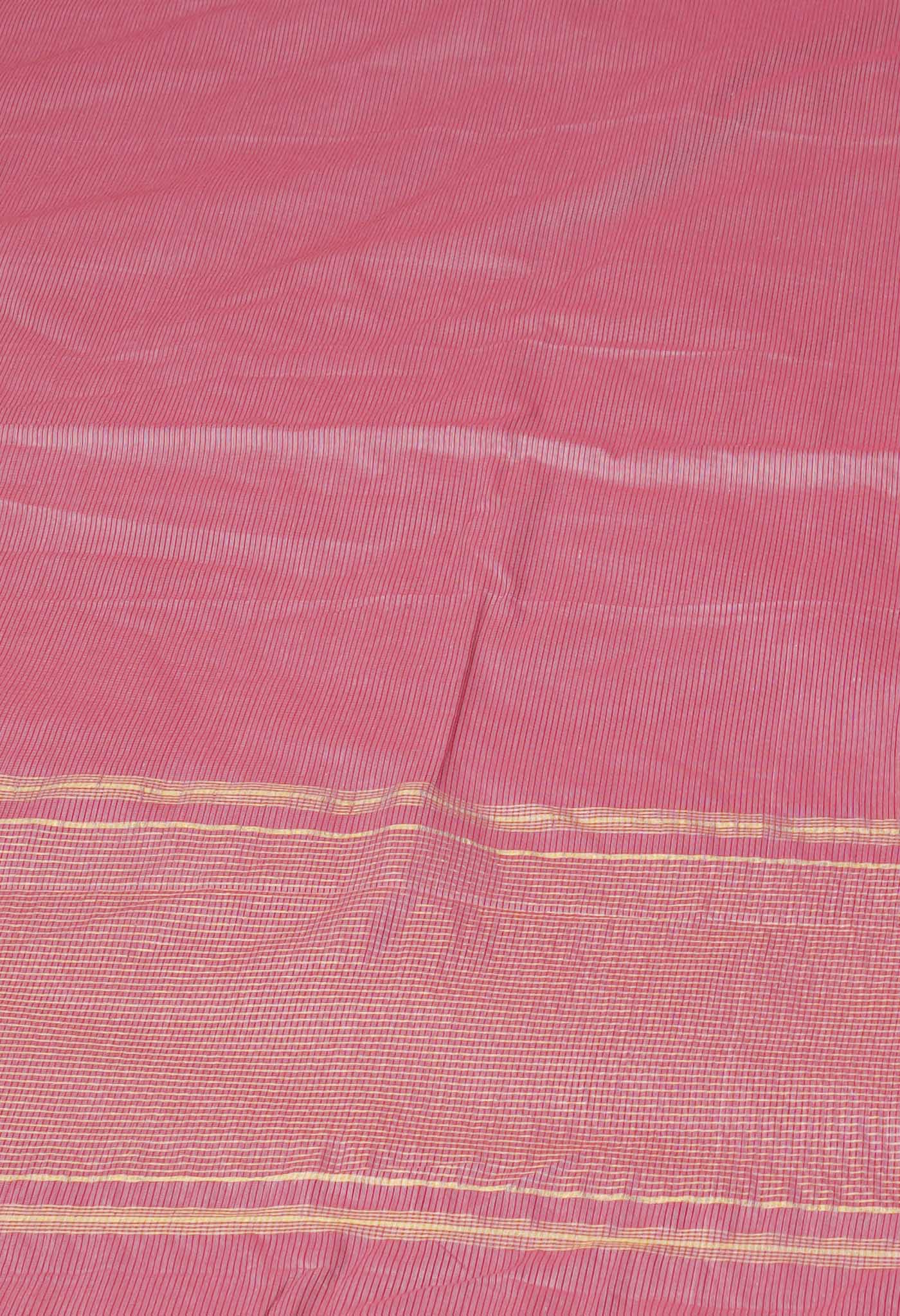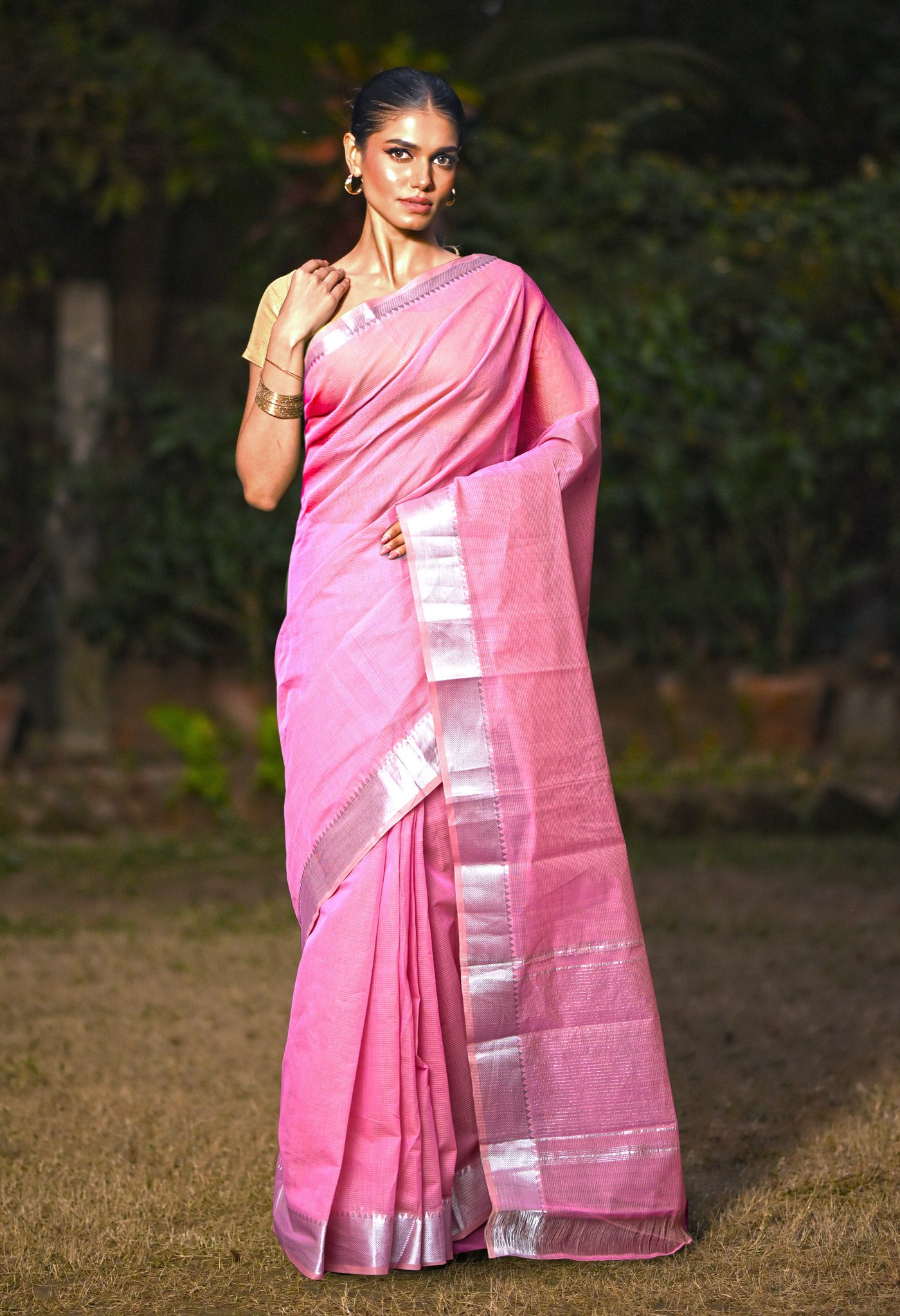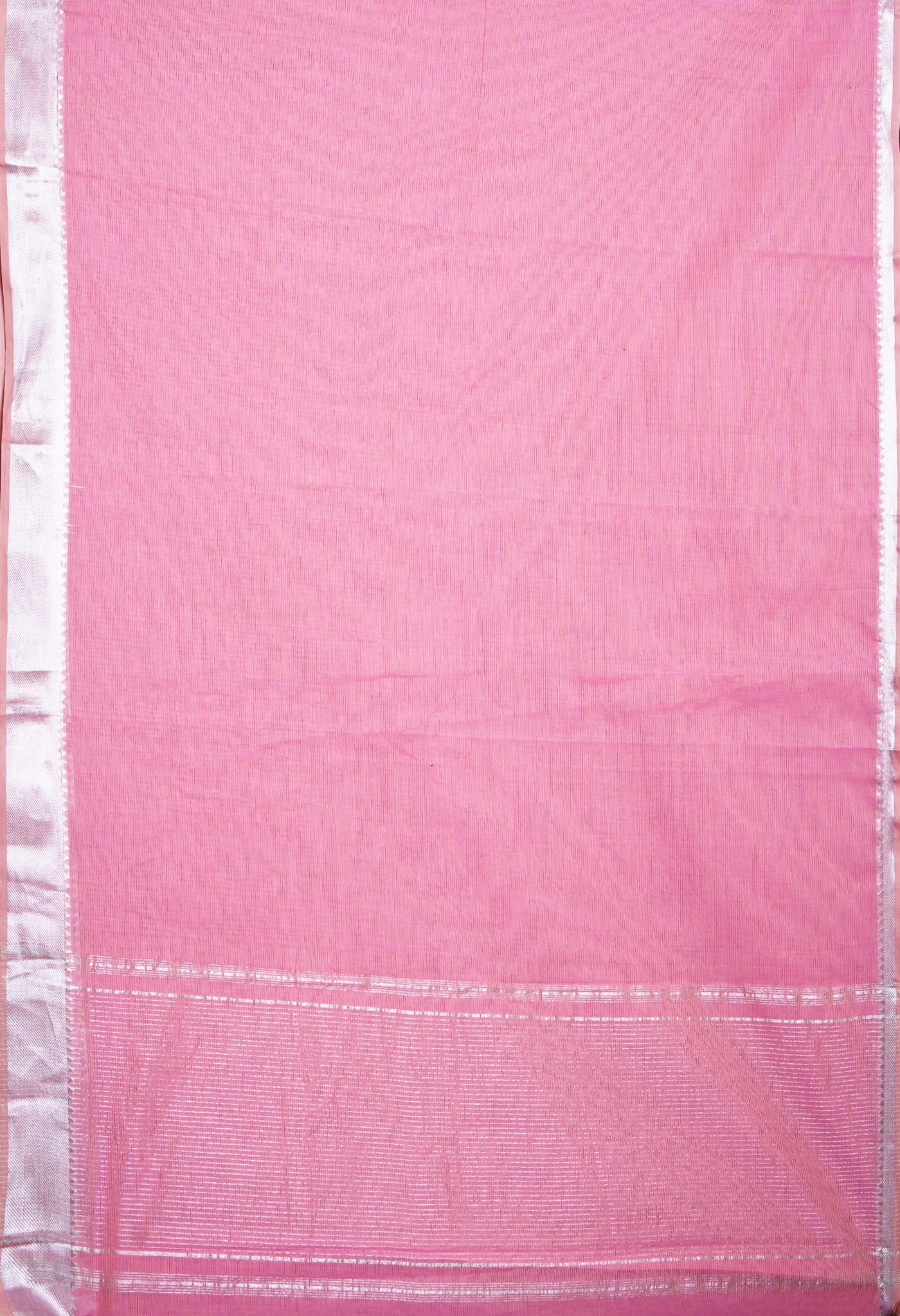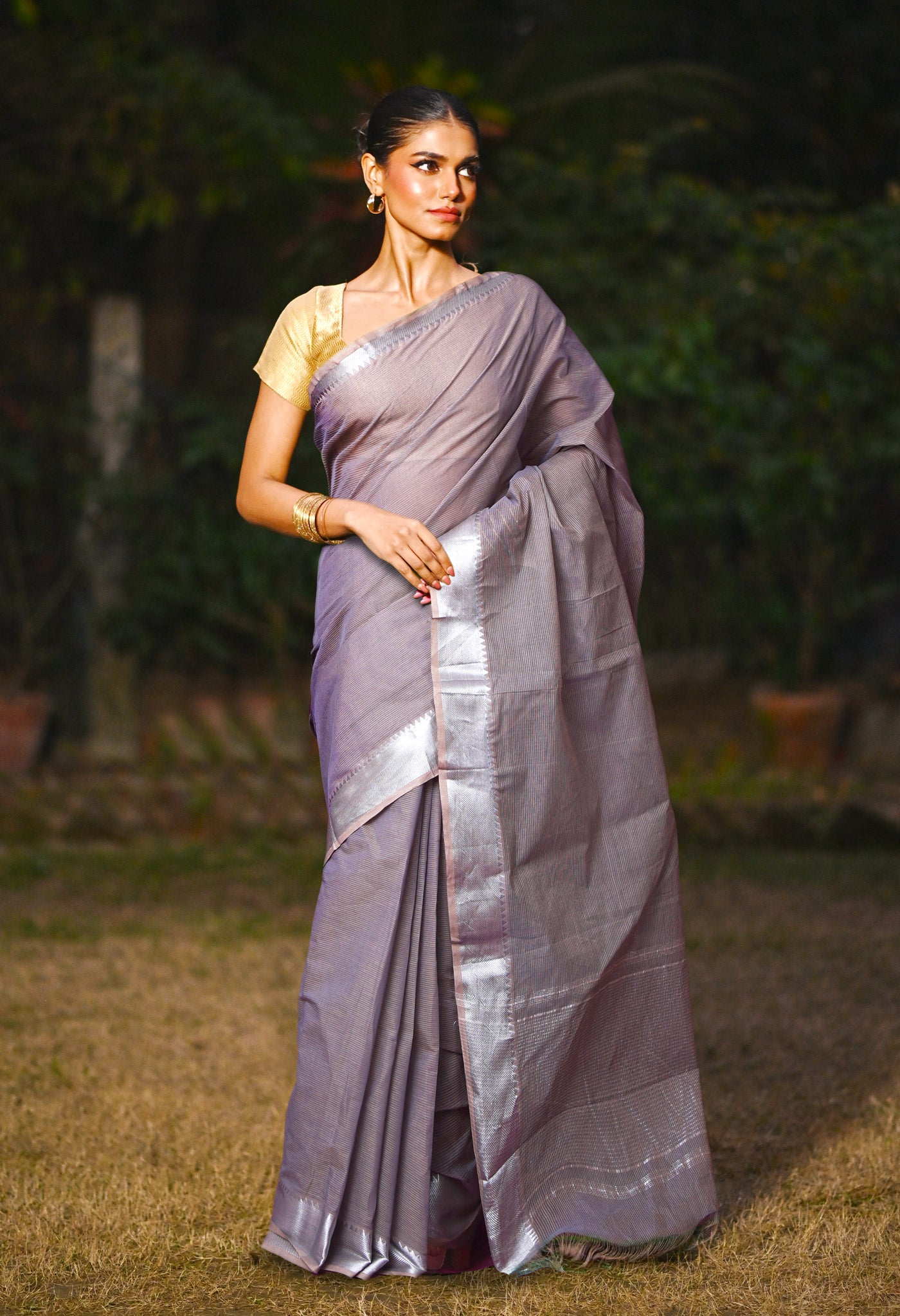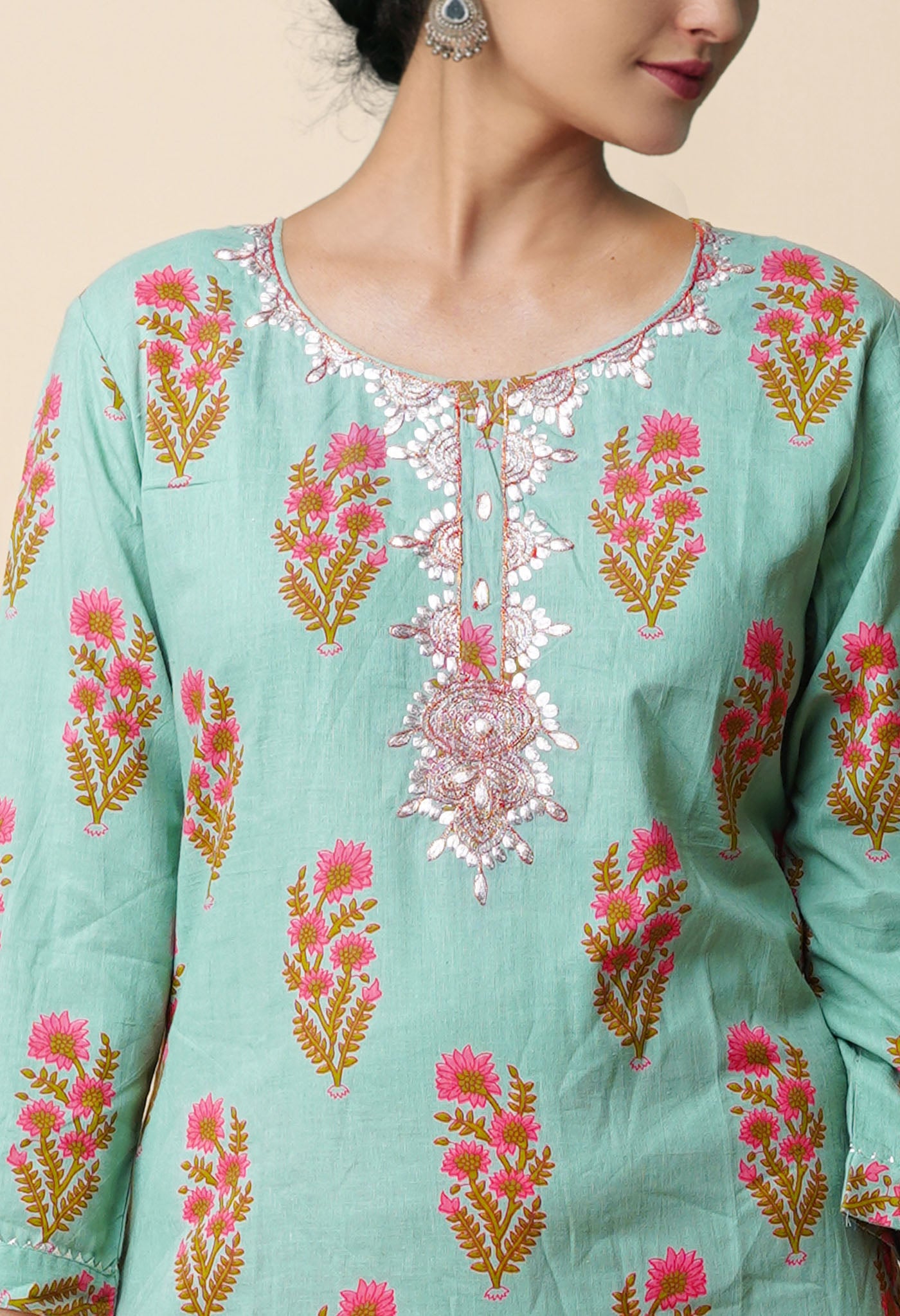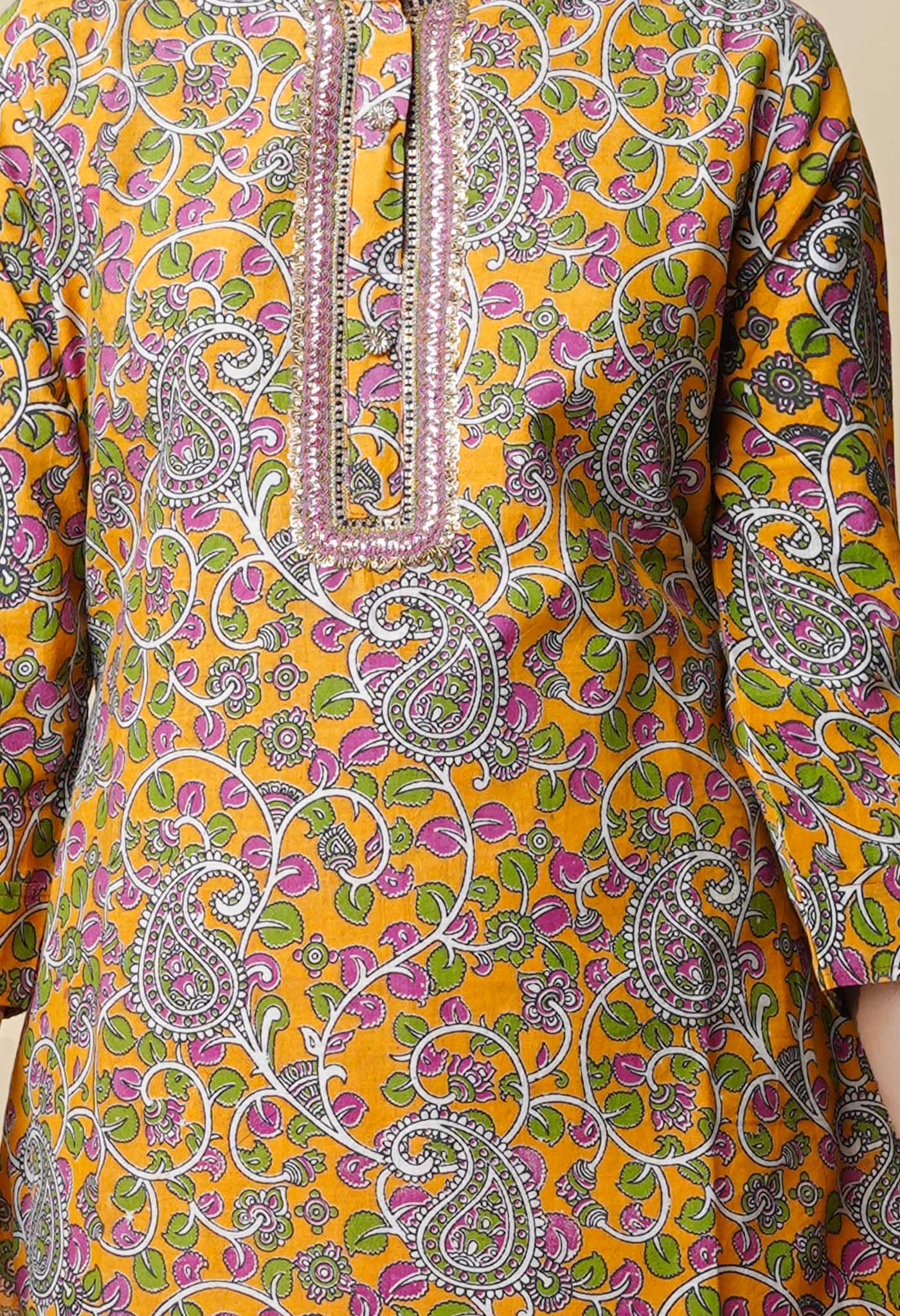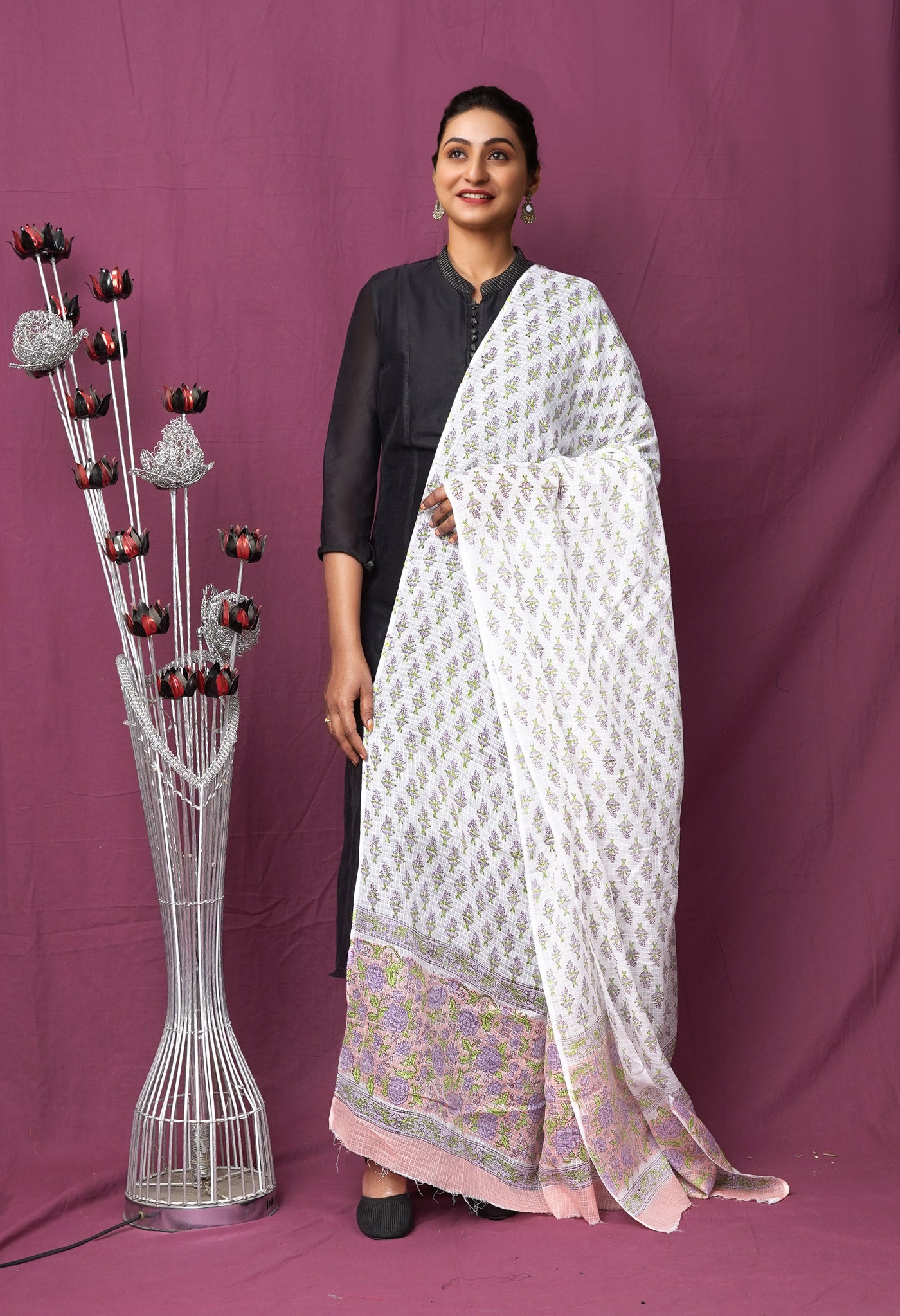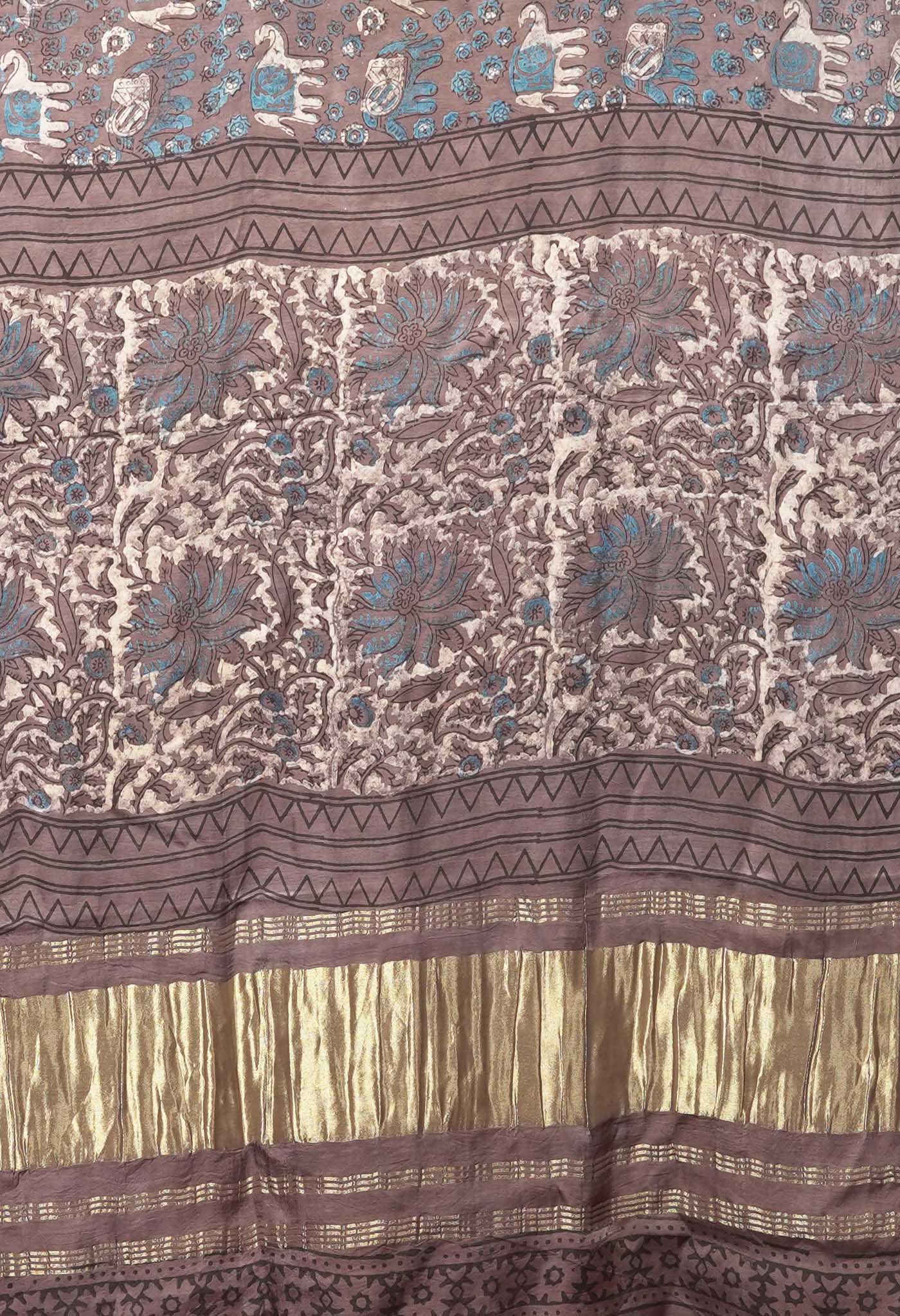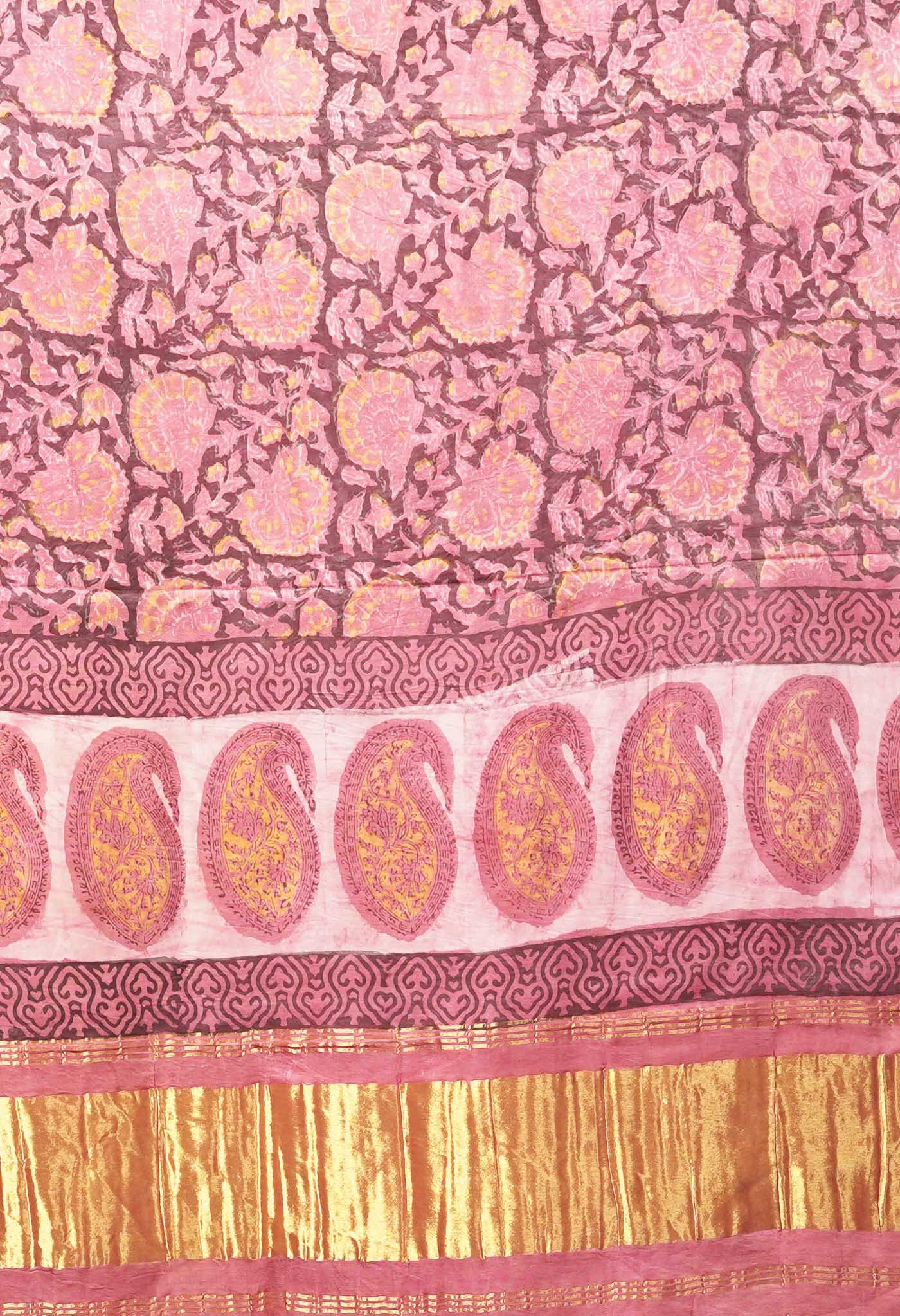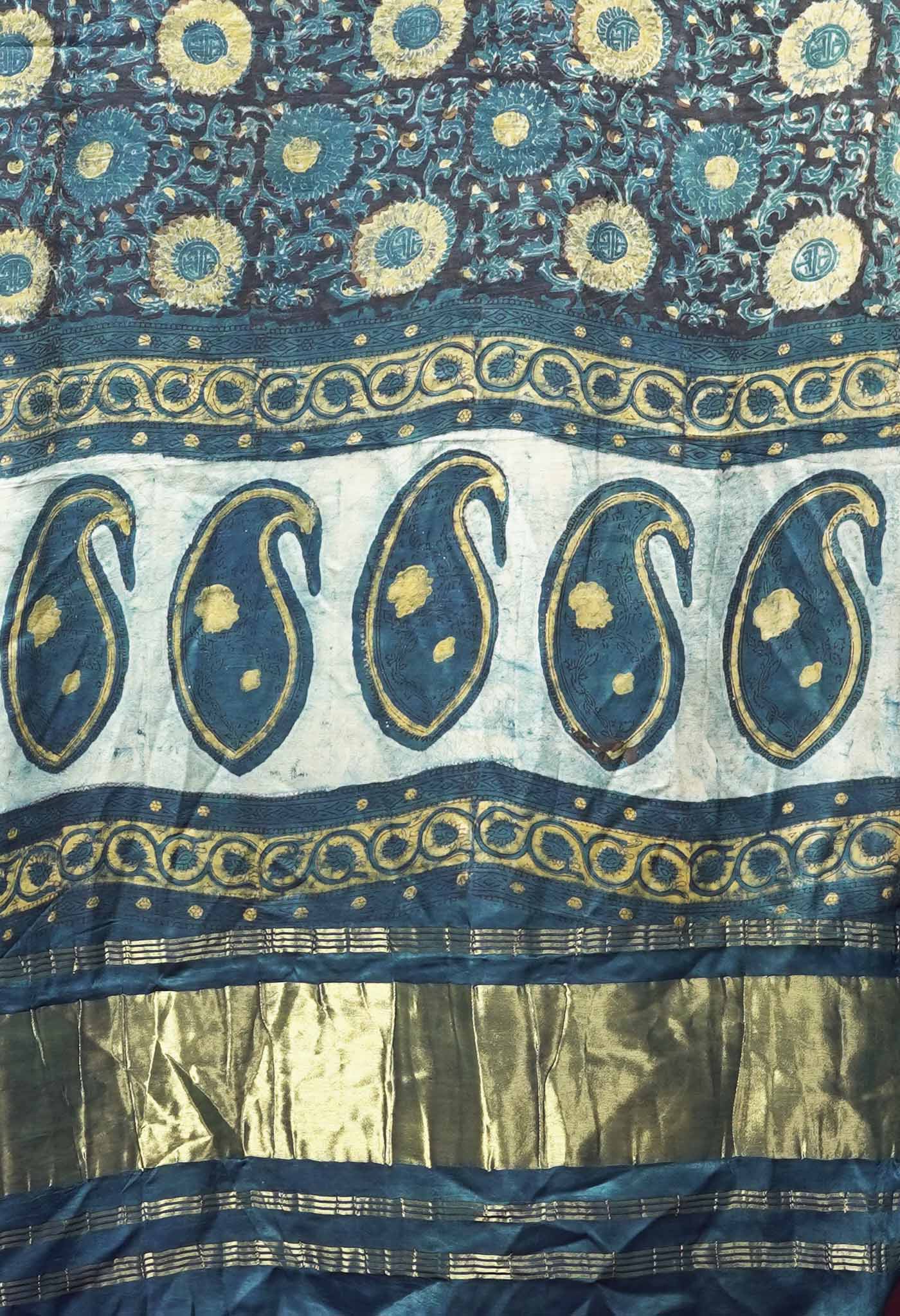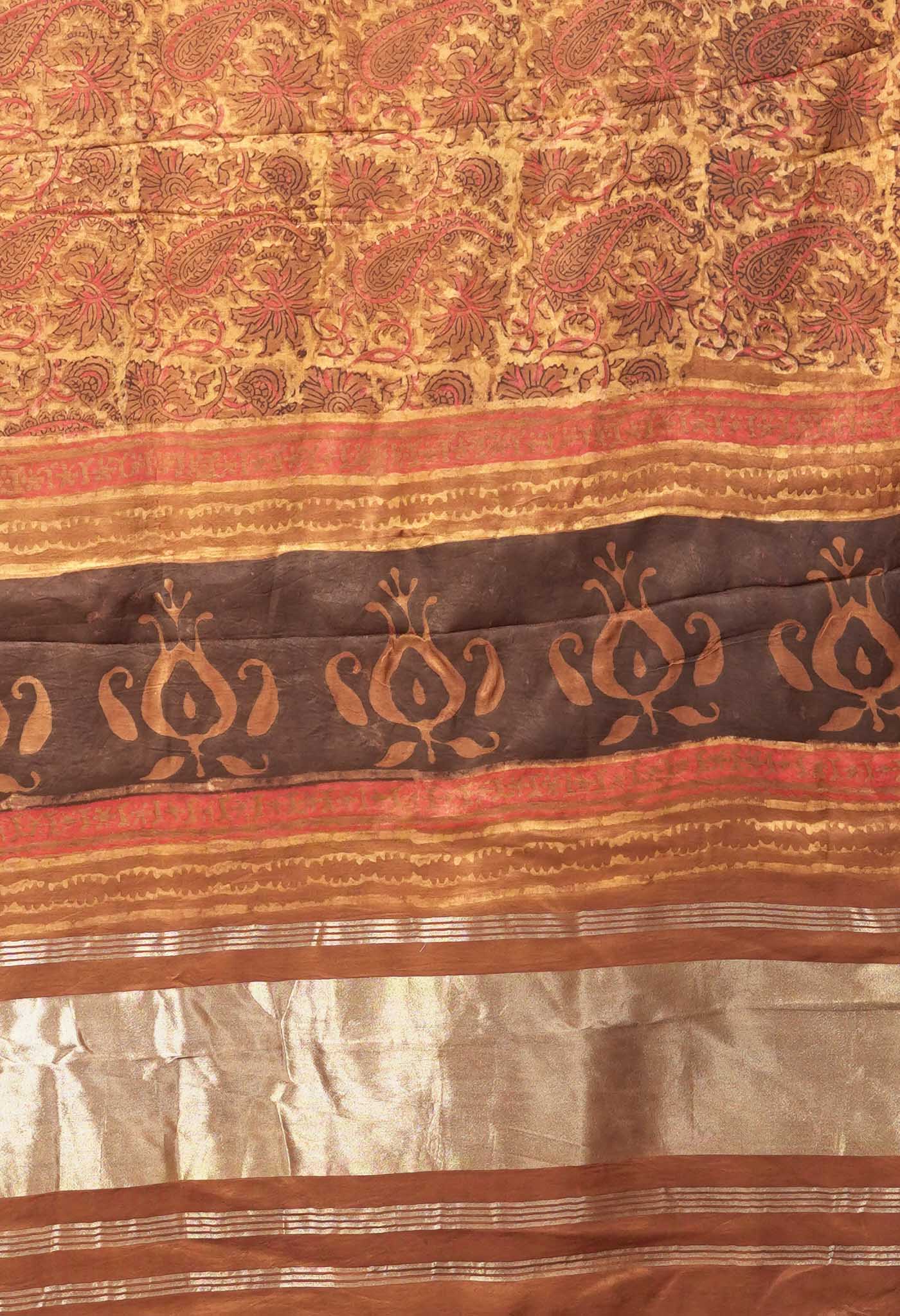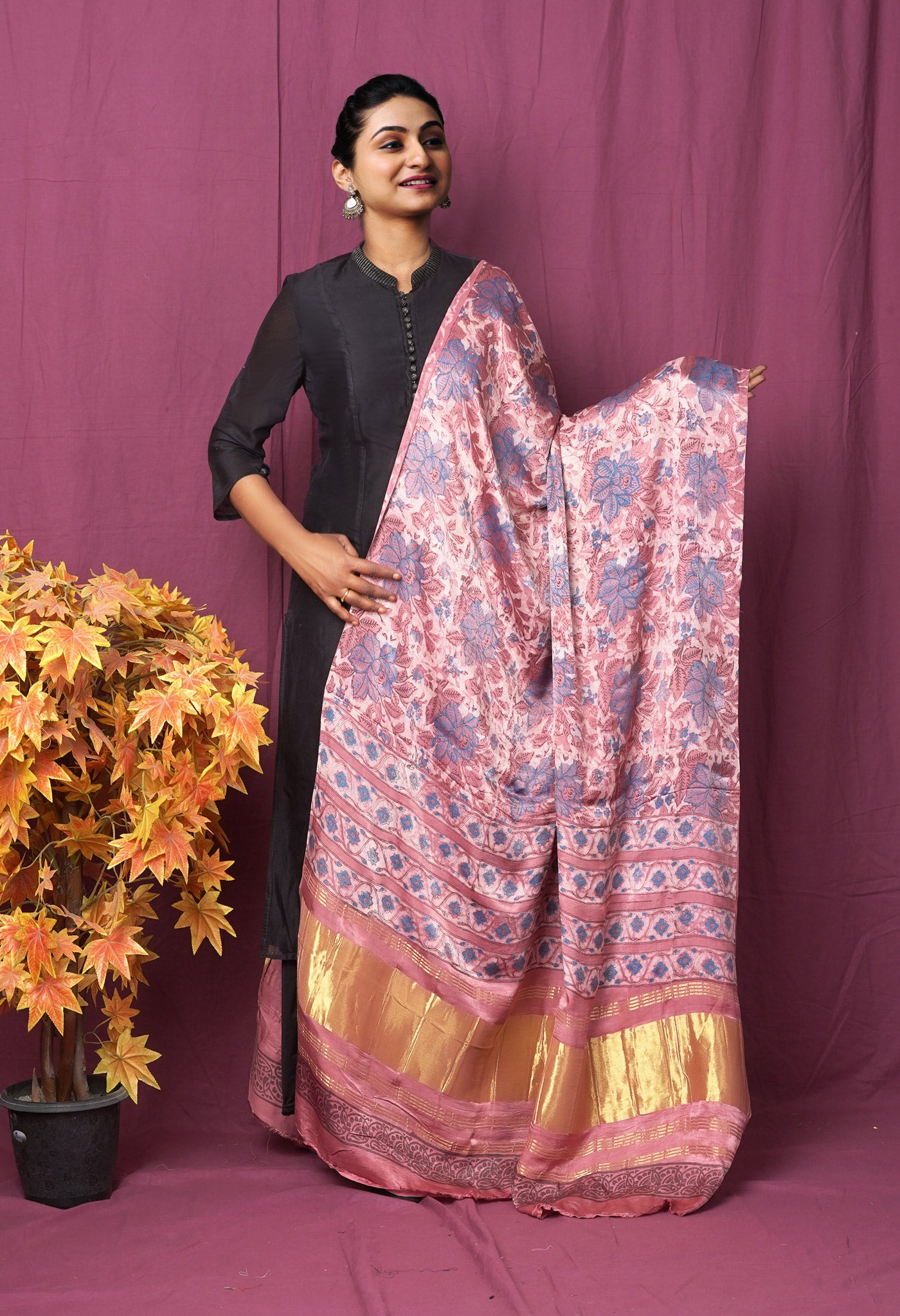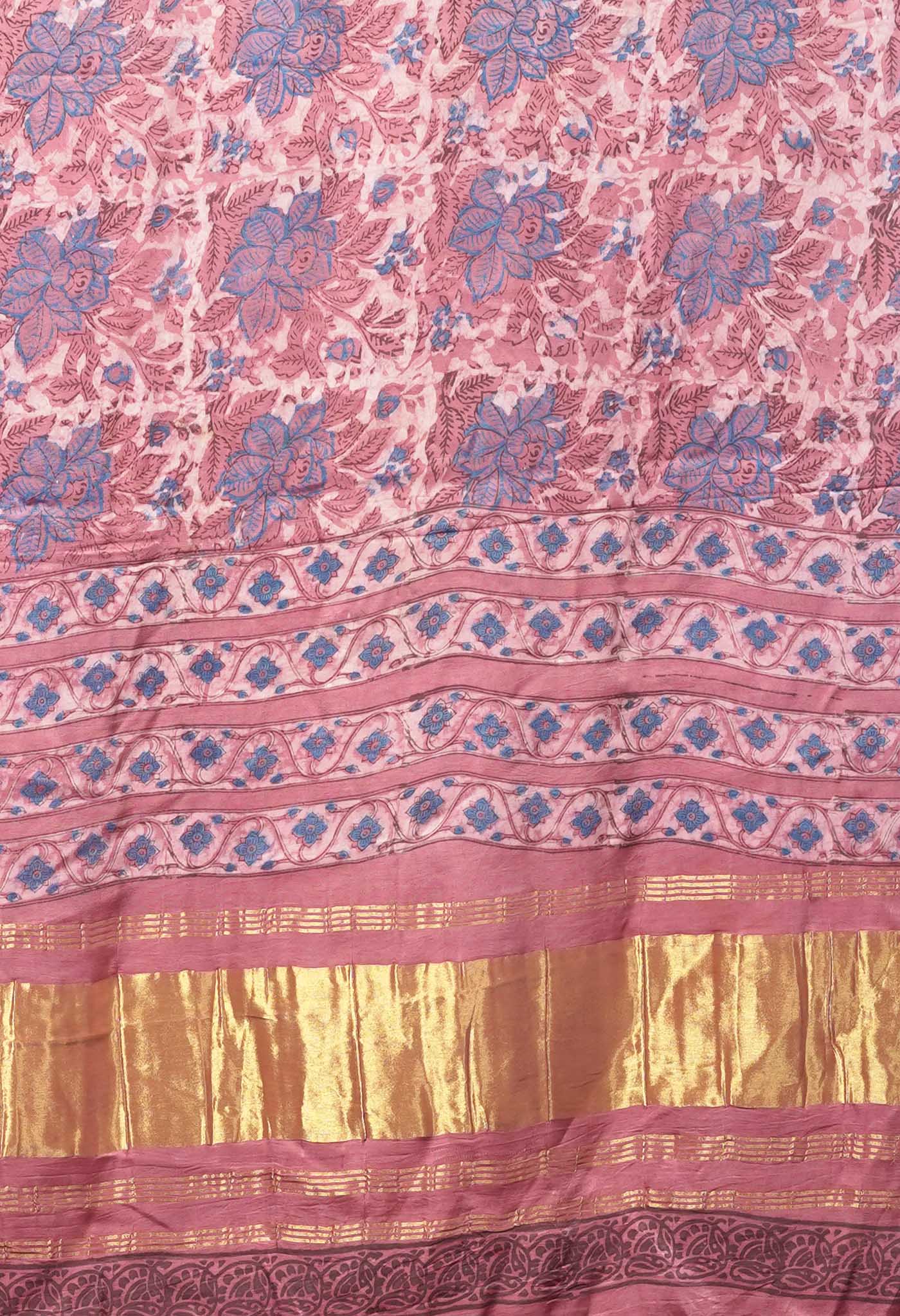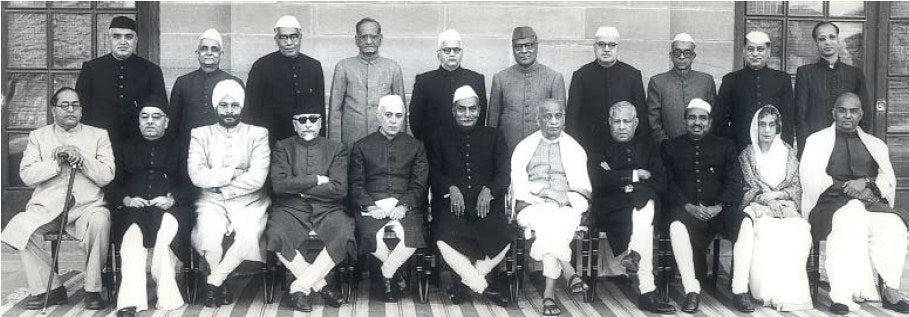
26th November, 1949 – Indian Constitution was adopted by Free India

Today is an important day in the history of Free India. A cause for Celebration!
The Constitution of India was adopted on 26 November, 1949 and the hon'ble members appended their signatures to it on 24 January, 1950. In all, 284 members actually signed the Constitution. In passing, mention may be made that on that day when the Constitution was being signed, it was drizzling outside and it was interpreted as a sign of a good omen.
The Constitution of India came into force on 26th January, 1950. On that day, the Assembly ceased to exist, transforming itself into the Provisional Parliament of India until a new Parliament was constituted in1952.
The Constituent Assembly met for the first time in New Delhi on 9 December, 1946 in the Constitution Hall which is now known as the Central Hall of Parliament House.
In the seating arrangement, those who adorned the front row were Pandit Jawaharlal Nehru, Maulana Abul Kalam Azad, Sardar Vallabhbhai Patel, Acharya J.B. Kripalani, Dr. Rajendra Prasad, Smt. Sarojini Naidu, Shri Hare-Krushna Mahatab, Pandit Govind Ballabh Pant, Dr. B.R. Ambedkar, Shri Sarat Chandra Bose, Shri C. Rajagopalachari and Shri M. Asaf Ali. Two hundred and seven representatives, including nine women were present. The inaugural session began at 11 a.m. with the introduction of Dr. Sachchidananda Sinha, the temporary Chairman of the Assembly, by Acharya Kripalani.
[/vc_column_text][vc_gallery interval="3" images="14426,14425,14428,14427" img_size="638*479"][/vc_column][/vc_row][vc_row][vc_column][vc_column_text]
 The Constituent Assembly took almost three years (two years, eleven months and seventeen days to be precise) to complete its historic task of drafting the Constitution for Independent India. During this period, it held eleven sessions covering a total of 165 days. Of these, 114 days were spent on the consideration of the Draft Constitution. As to its composition, members were chosen by indirect election by the members of the Provincial Legislative Assemblies, according to the scheme recommended by the Cabinet Mission.
The Constituent Assembly took almost three years (two years, eleven months and seventeen days to be precise) to complete its historic task of drafting the Constitution for Independent India. During this period, it held eleven sessions covering a total of 165 days. Of these, 114 days were spent on the consideration of the Draft Constitution. As to its composition, members were chosen by indirect election by the members of the Provincial Legislative Assemblies, according to the scheme recommended by the Cabinet Mission.
Occupying the Chair amidst much acclamation, Dr. Sinha read out the goodwill messages received from different countries. After the Chairman's inaugural address and the nomination of a Deputy Chairman, the members were formally requested to present their credentials. The First Day's proceedings ended after all the 207 members present submitted their
credentials and signed the Register.
Seated in the galleries, some thirty feet above the floor of the Chamber, the representatives of the Press and the visitors witnessed this memorable event. The All India Radio, Delhi broadcast a composite sound picture of the entire proceedings.
 The Indian constitution is the world's longest. At its commencement, it had 395 articles in 22 parts and 8 schedules. It is made up of almost 80,000 words. In its current form (September 2012), it has a preamble, 25 parts with 448 articles, 12 schedules, 5 appendices and 100 amendments, the latest of which came into force on 1 August 2015.
The Indian constitution is the world's longest. At its commencement, it had 395 articles in 22 parts and 8 schedules. It is made up of almost 80,000 words. In its current form (September 2012), it has a preamble, 25 parts with 448 articles, 12 schedules, 5 appendices and 100 amendments, the latest of which came into force on 1 August 2015.
The country has every reason to be proud of its Constitution and the men and women who brought it to life. Reviewing a book on the Indian Constitution, Anvar Alikhan wrote in the Outlook magazine in December 2012: “The Constituent Assembly was perhaps one of the most diverse bodies of its kind in history until then, and its participants often disagreed vehemently on the very basic principles, yet they worked large-heartedly towards accommodation and consensus. Three years later they delivered one of the world’s great political texts: a document both magnificent in its vision and intricate in its detailing, and which seeks to reconcile the conflicting pulls of individual liberty and a strong state.”
[/vc_column_text][/vc_column][/vc_row][vc_row][vc_column][vc_video link="https://www.youtube.com/watch?v=AD5o4wEz-rg"][/vc_column][/vc_row]

